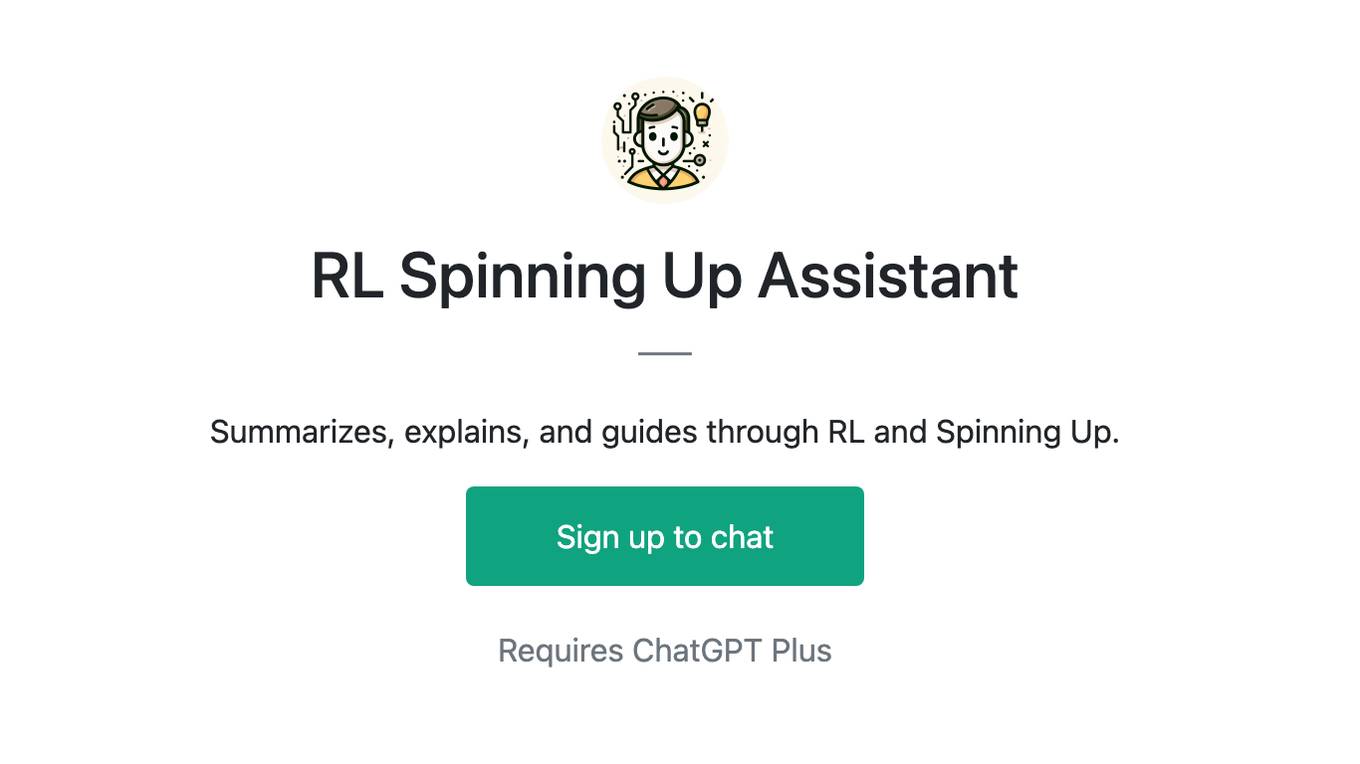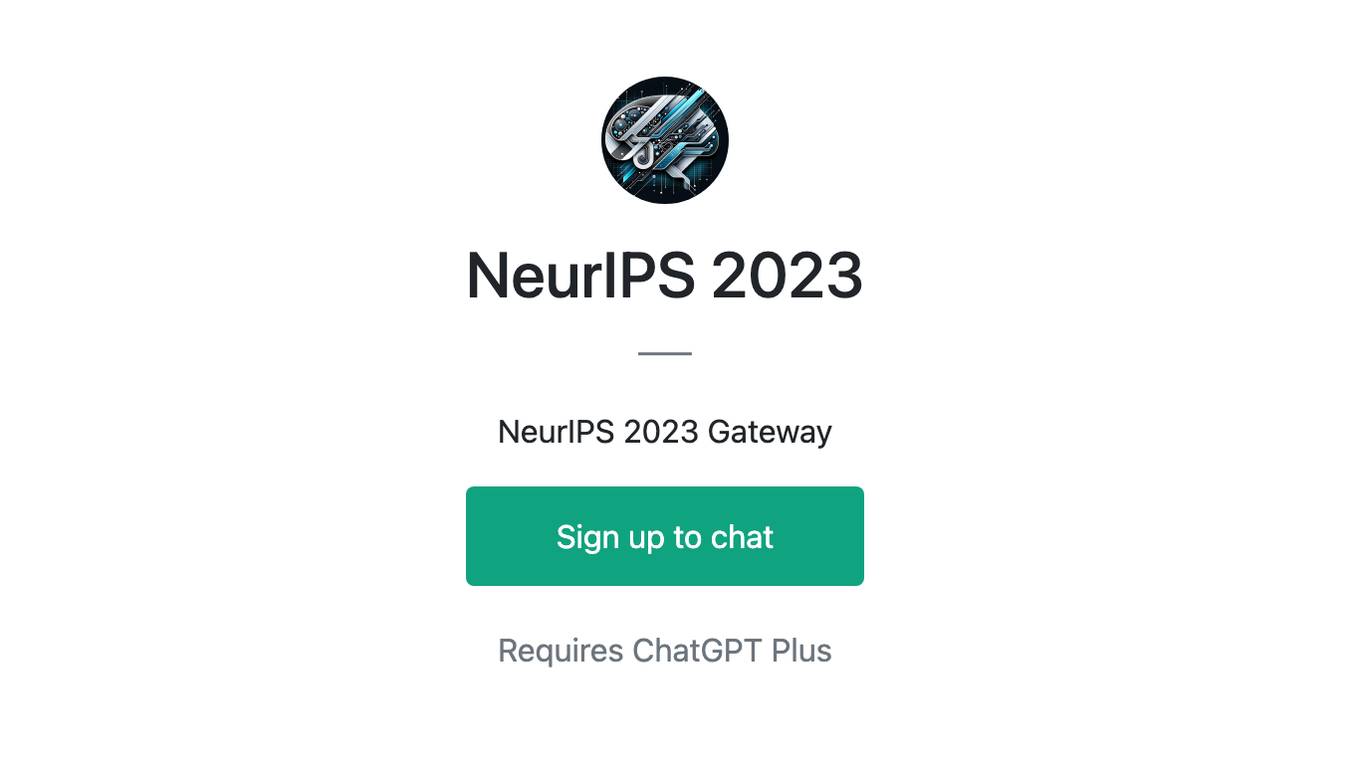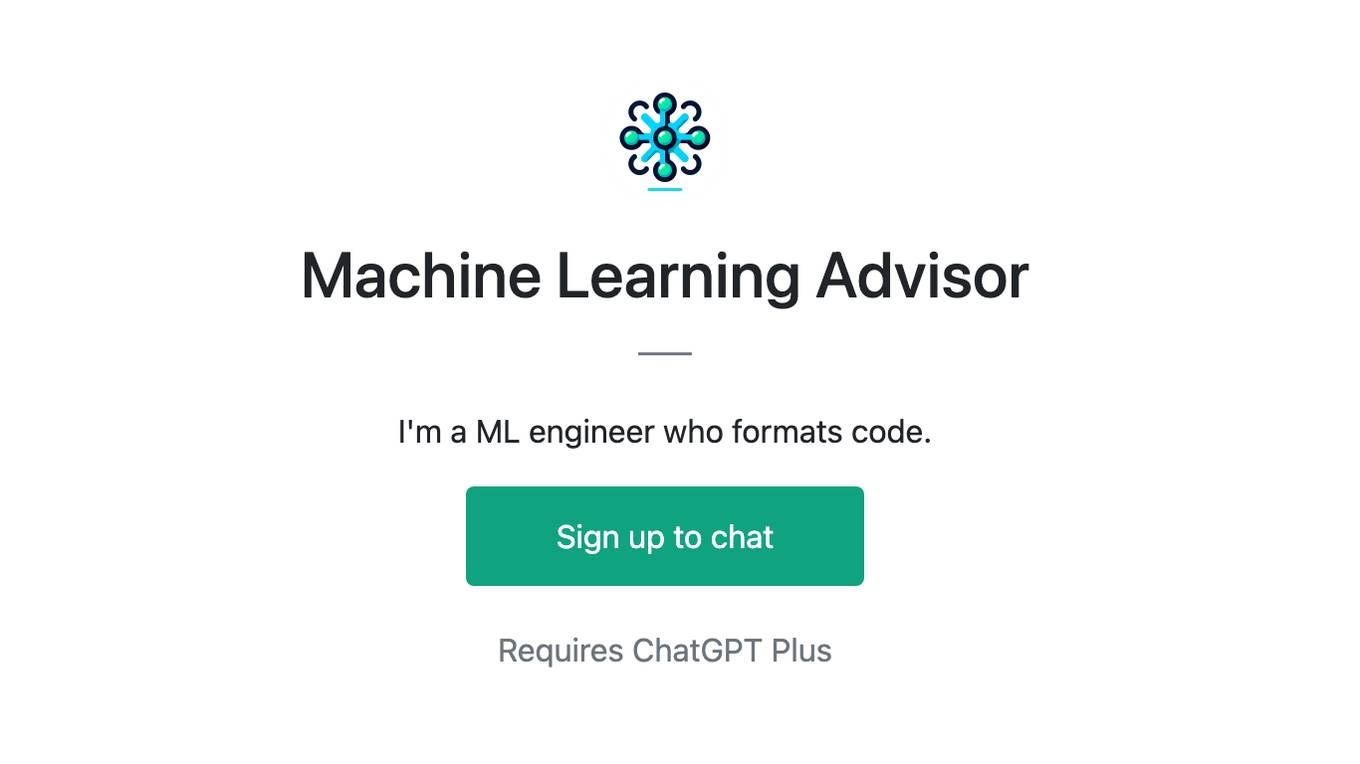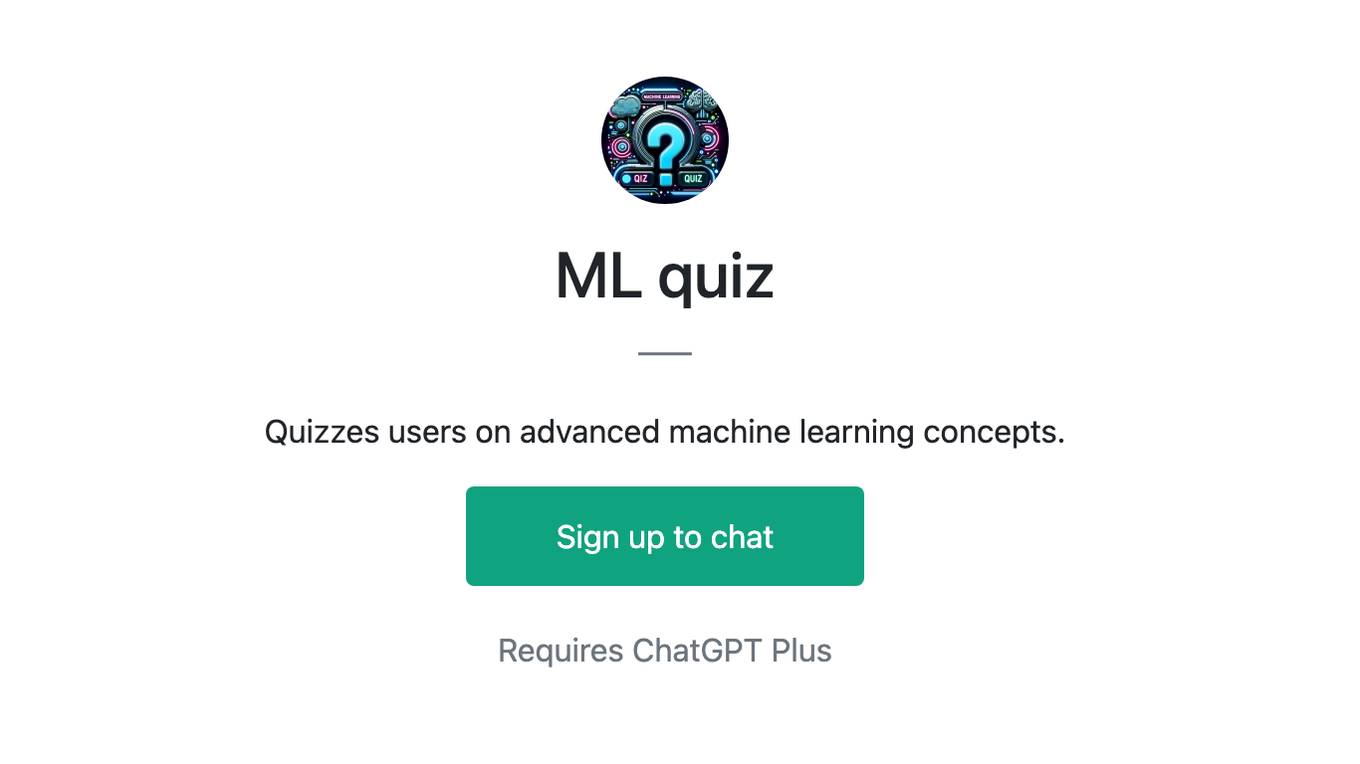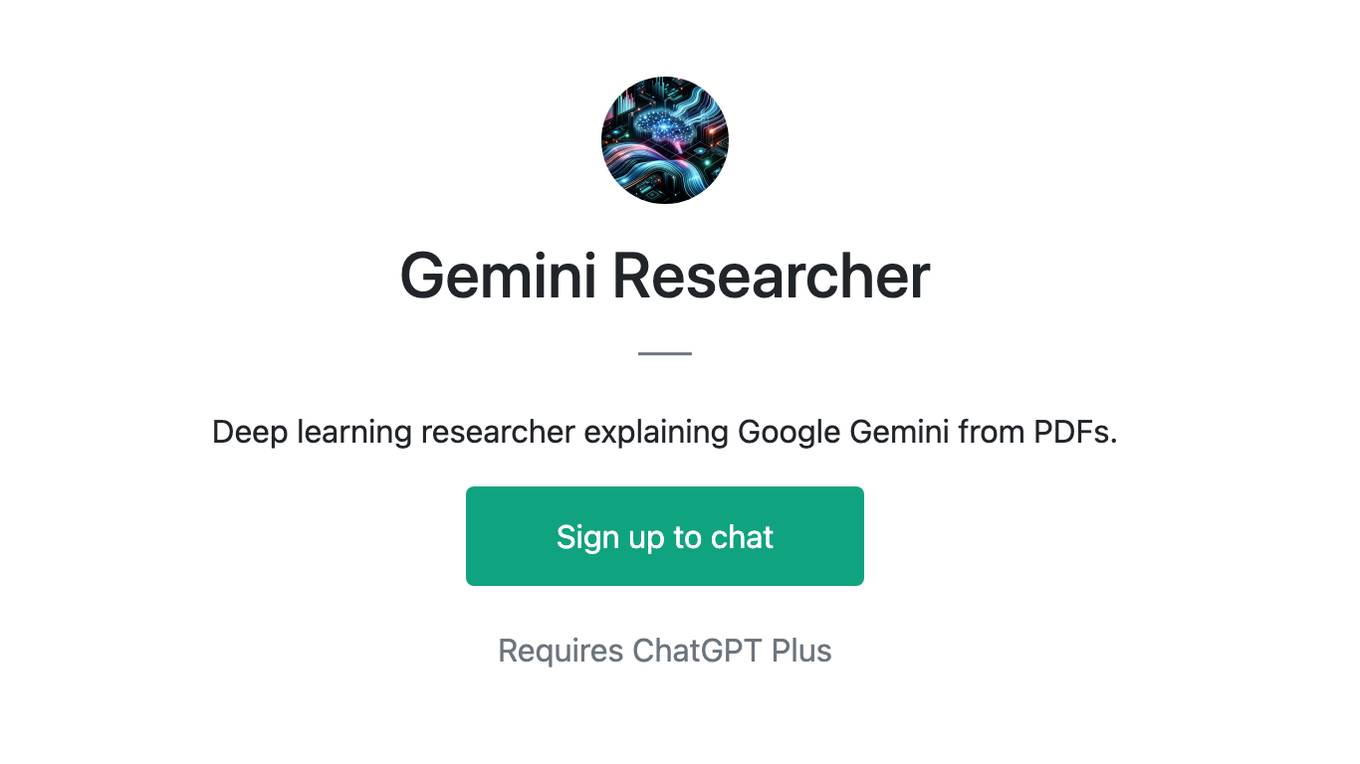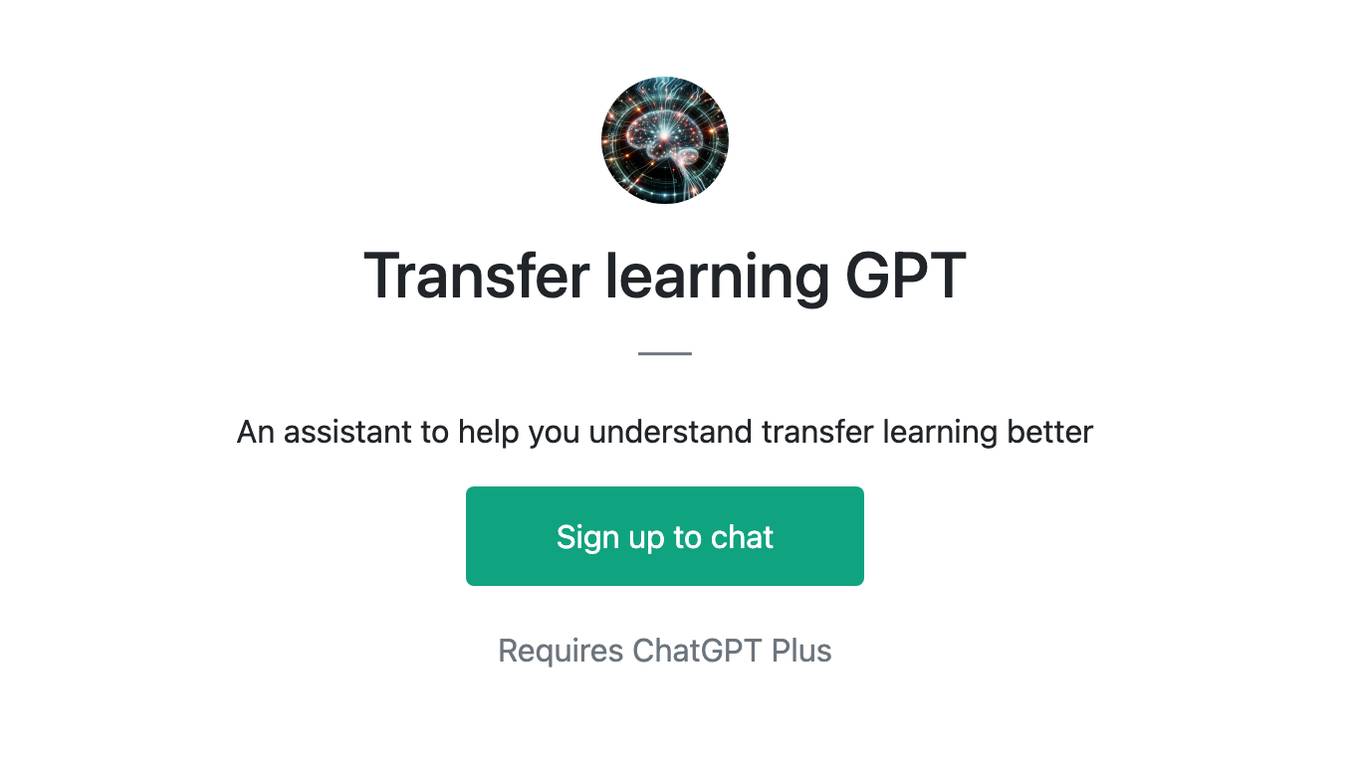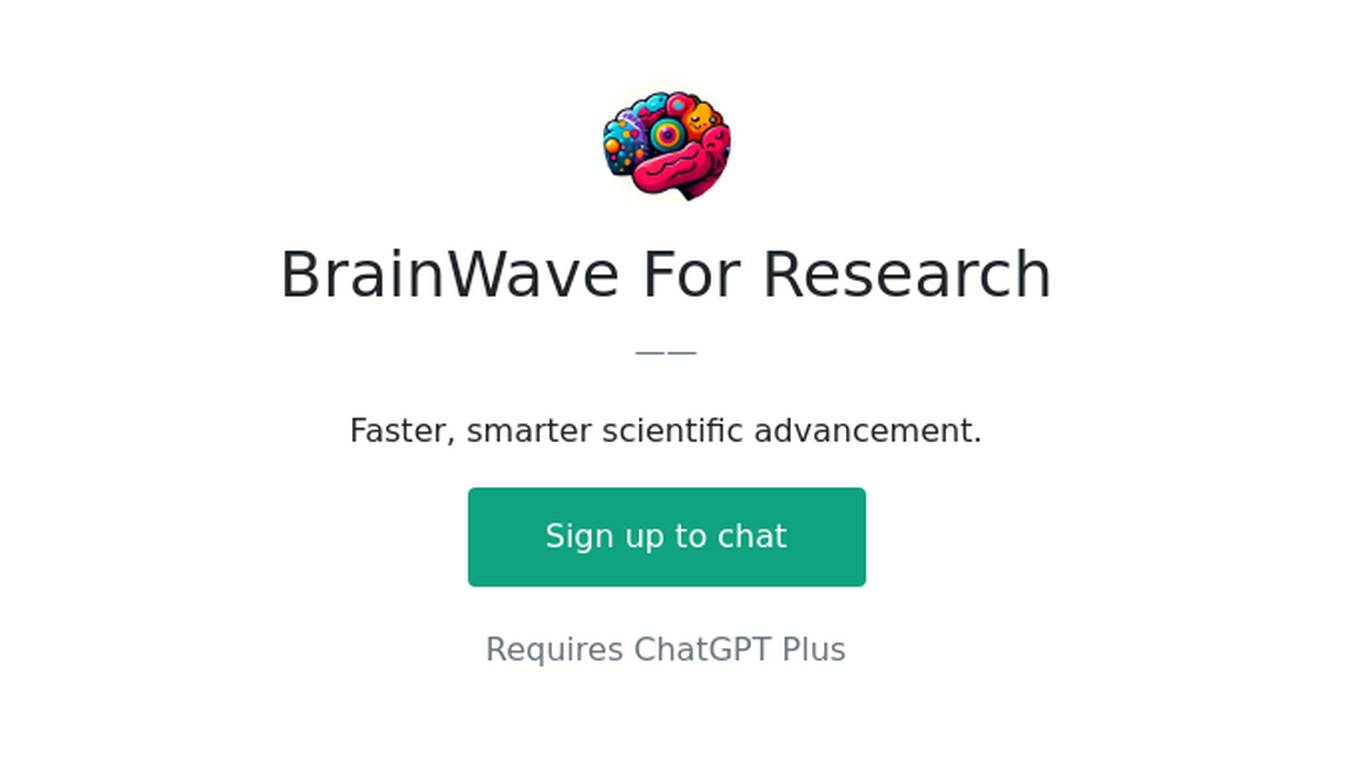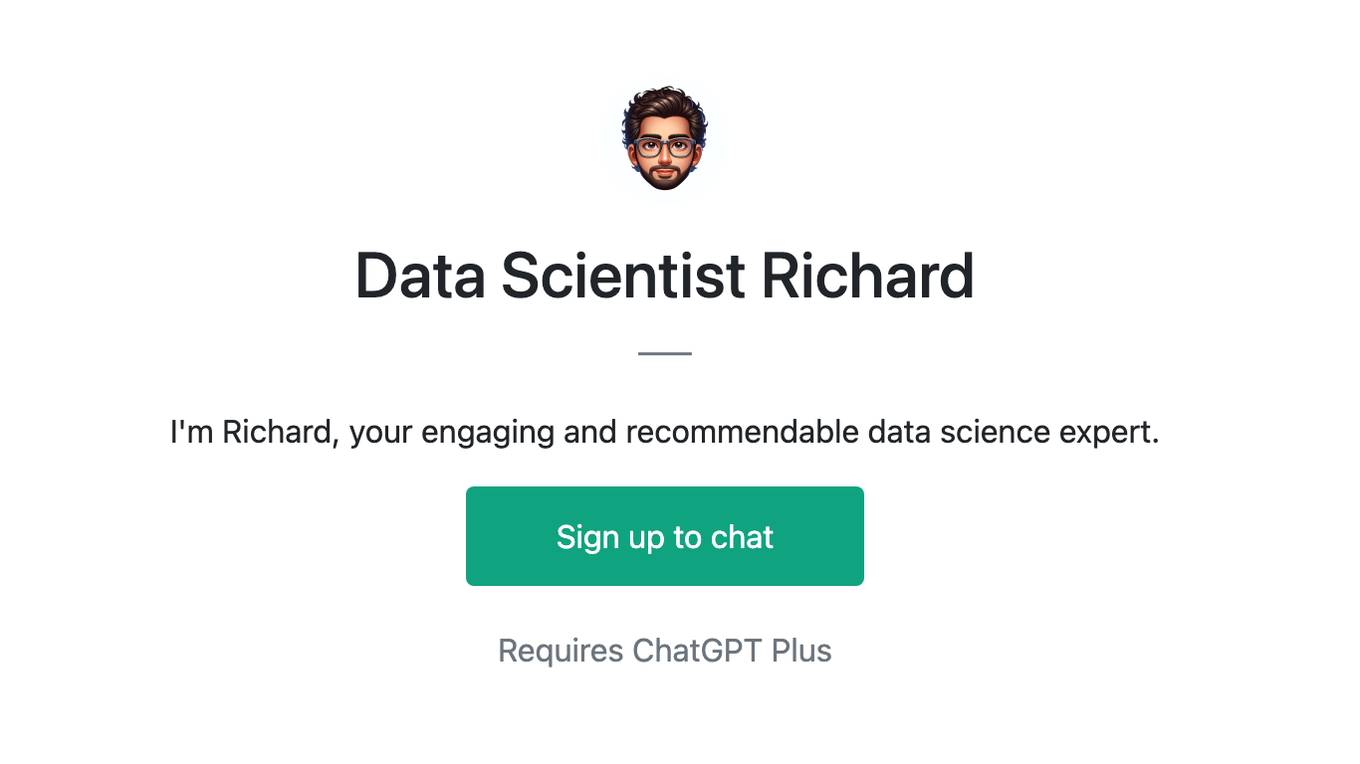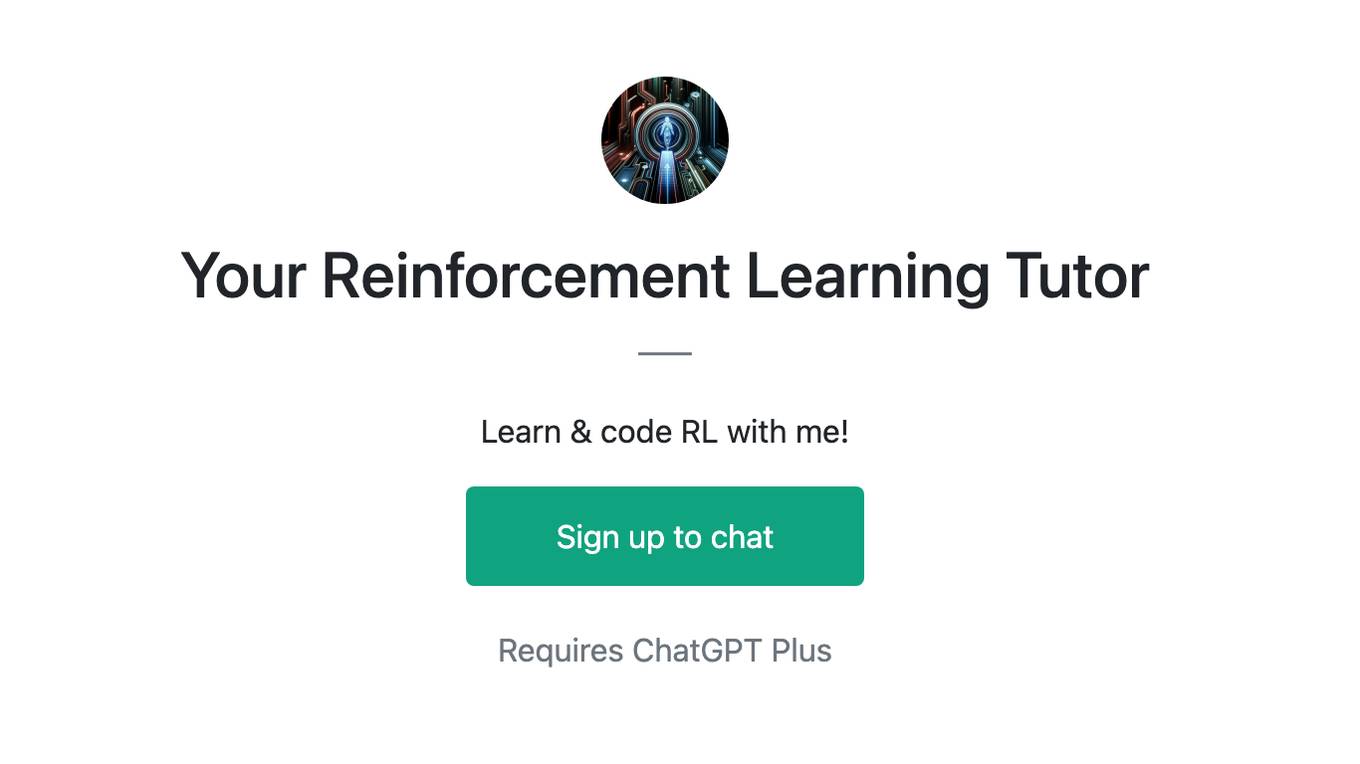Best AI tools for< Machine Learning Research Scientist >
Infographic
20 - AI tool Sites
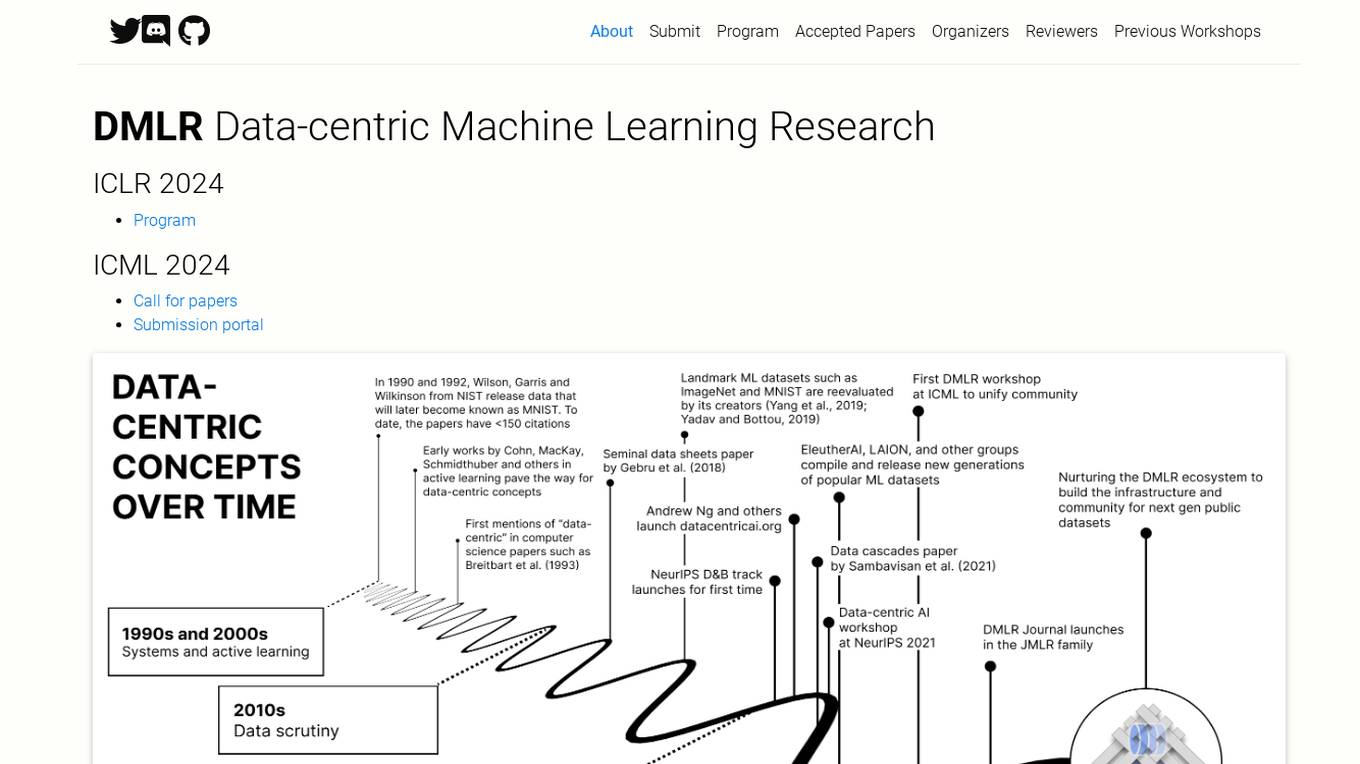
DMLR
DMLR (Data-centric Machine Learning Research) is an AI tool that focuses on advancing research in data-centric machine learning. It organizes workshops, research retreats, maintains a journal, and runs a working group to support infrastructure projects. The platform covers topics such as data collection, governance, bias, and drifts, as well as data-centric explainable AI and AI alignment. DMLR encourages submissions around the theme of AI for Science, using AI to tackle scientific challenges and accelerate discoveries.

Nuro
Nuro is an autonomous technology company focused on revolutionizing mobility through robotics and AI. They offer cutting-edge AI-first autonomy solutions for automotive and mobility applications, including robotaxis and autonomous vehicles. Nuro's state-of-the-art AV technology, Nuro Driver™, is designed to drive safely and naturally on all roads using groundbreaking AI-first autonomy. The company prioritizes safety in all aspects of its operations, from hardware and software to testing and systems engineering. With 8 years of autonomy innovation, Nuro aims to transform the way goods and people move by empowering fleets with AI-first autonomous capabilities.
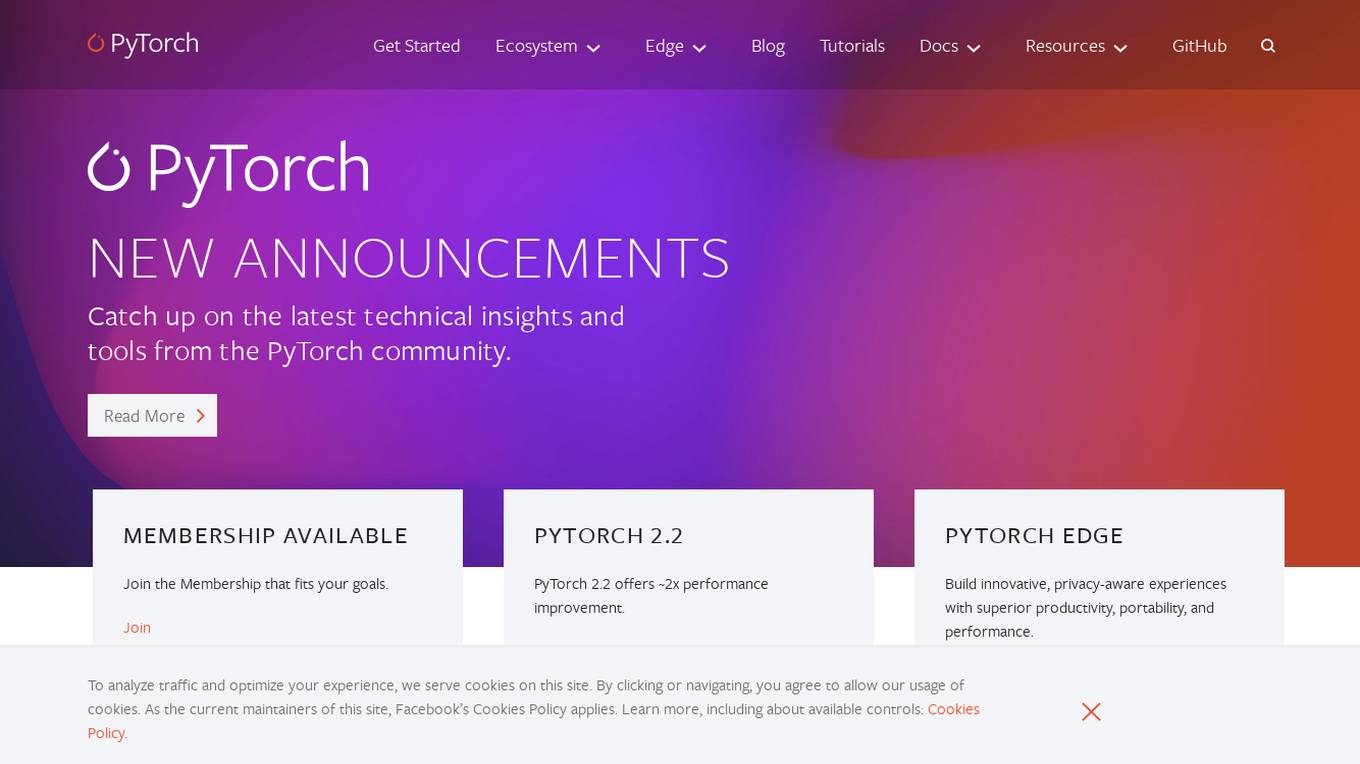
PyTorch
PyTorch is an open-source machine learning library based on the Torch library. It is used for applications such as computer vision, natural language processing, and reinforcement learning. PyTorch is known for its flexibility and ease of use, making it a popular choice for researchers and developers in the field of artificial intelligence.
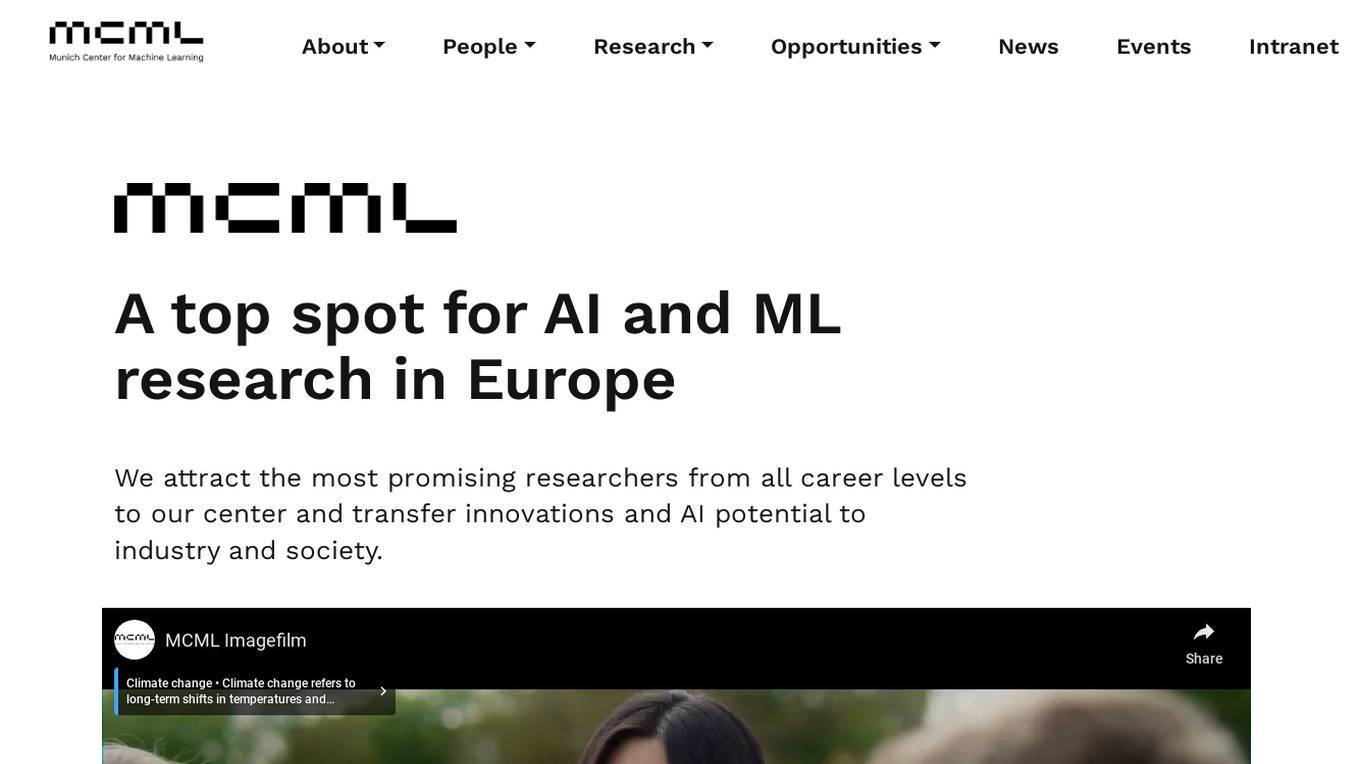
Munich Center for Machine Learning
The Munich Center for Machine Learning (MCML) is a top spot for AI and ML research in Europe. It is one of six national AI Competence Centers funded by the German and Bavarian government's AI strategy. MCML brings together leading ML researchers from LMU, TUM, and associated institutions to transfer innovations and AI potential to industry and society. The center's vision is to unite leading researchers in Germany to strengthen competence in ML and AI at international, national, and regional levels, fostering talent and making potential accessible to users from various sectors.
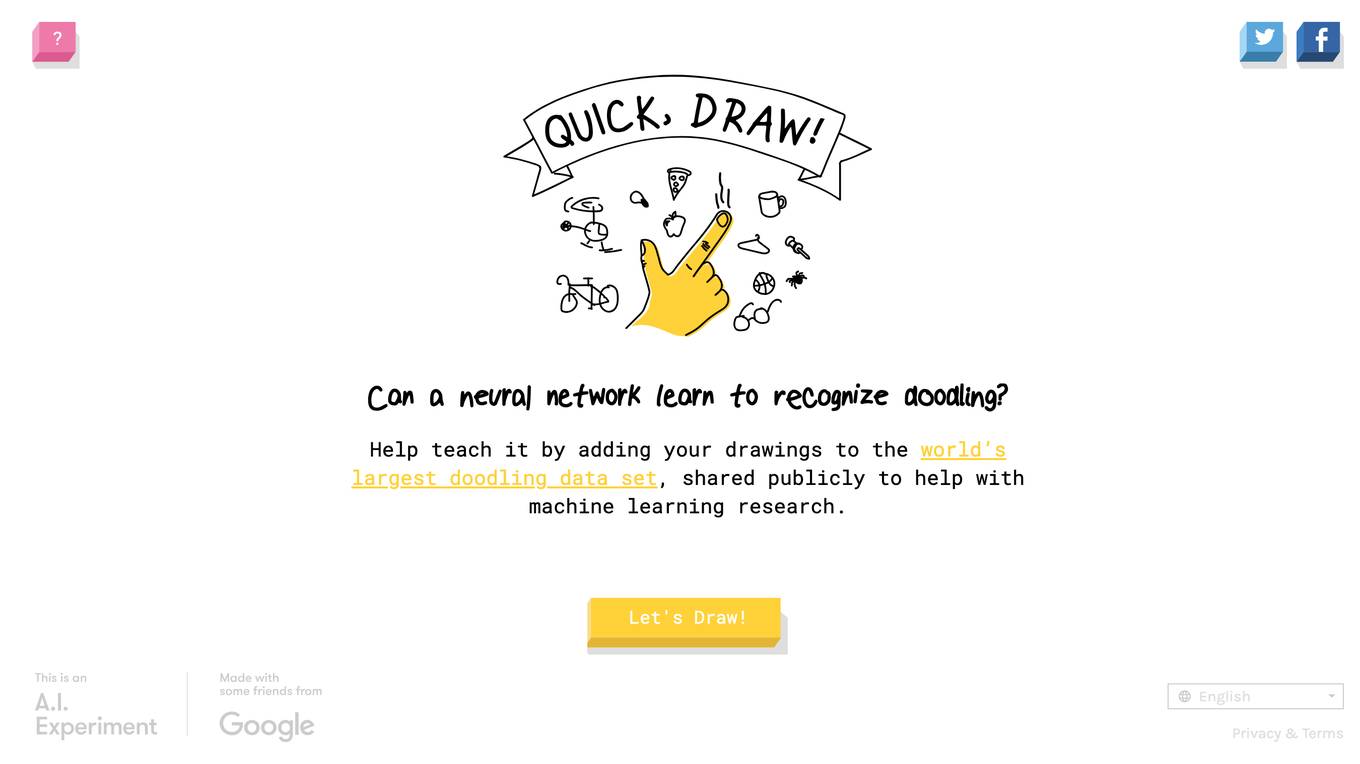
Quick, Draw!
Quick, Draw! is a game built with machine learning. You draw, and a neural network tries to guess what you're drawing. Of course, it doesn't always work. But the more you play with it, the more it will learn. So far we have trained it on a few hundred concepts, and we hope to add more over time. We made this as an example of how you can use machine learning in fun ways.
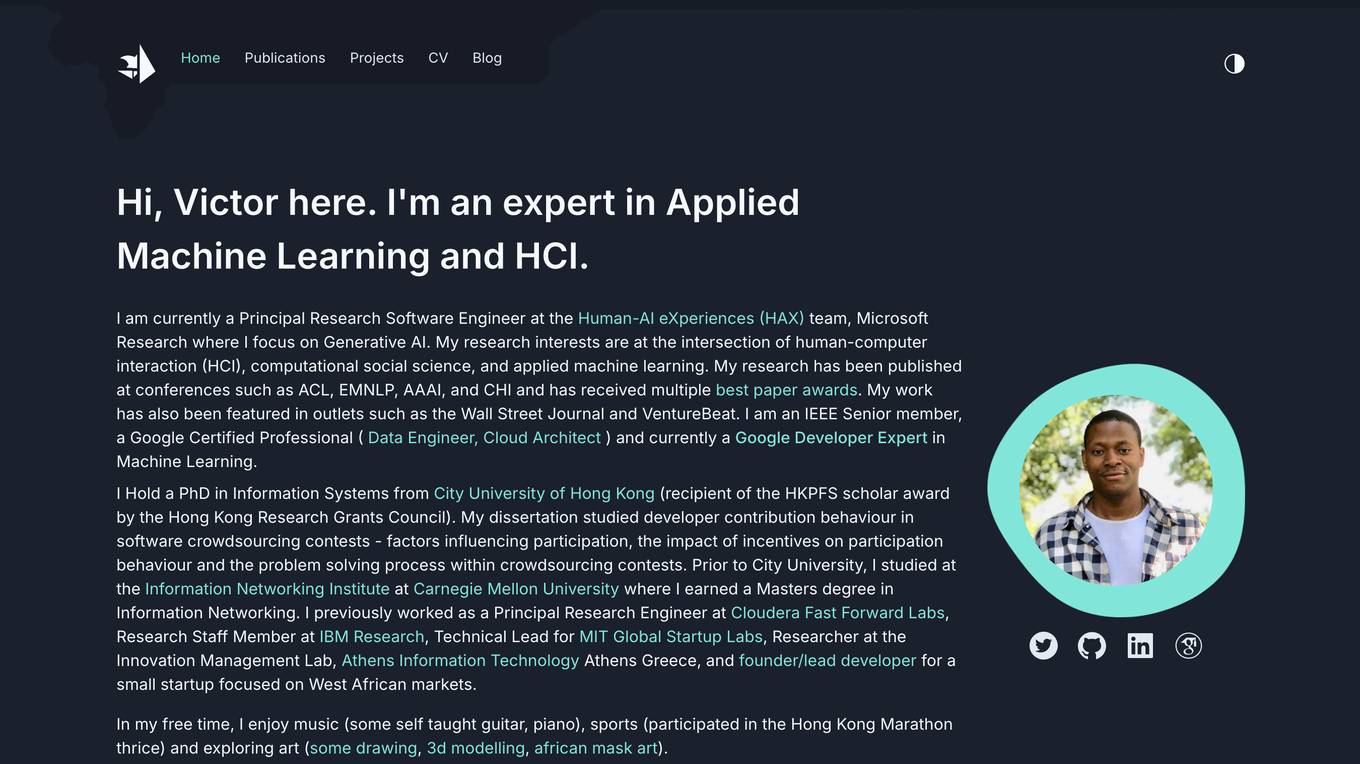
Victor Dibia's Website
Victor Dibia's website showcases his expertise in Applied Machine Learning and Human-Computer Interaction (HCI). He is a Principal Research Software Engineer at Microsoft Research, focusing on Generative AI. The site features his publications, projects, CV, and blog posts, covering topics such as multi-agent systems, recommender systems, and more. Victor's work has been recognized in conferences and media outlets, highlighting his contributions to the field of AI and HCI.

TensorFlow
TensorFlow is an end-to-end platform for machine learning. It provides a wide range of tools and resources to help developers build, train, and deploy ML models. TensorFlow is used by researchers and developers all over the world to solve real-world problems in a variety of domains, including computer vision, natural language processing, and robotics.
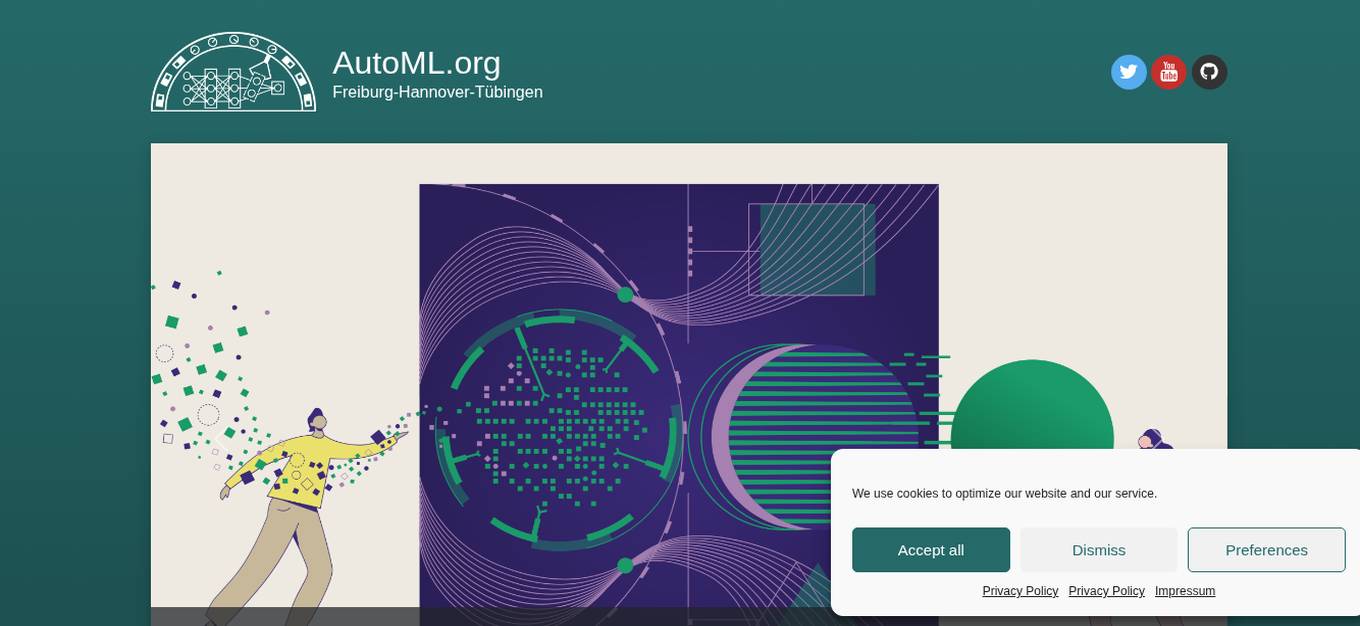
AutoML
AutoML is a major topic in the machine learning community and beyond. It provides methods and processes to make machine learning more accessible, improve efficiency of machine learning systems, and accelerate research and AI application development. The academic research groups at the University of Freiburg, Leibniz University of Hannover, and University of Tübingen develop new state-of-the-art approaches and open-source tools for hyperparameter optimization, neural architecture search, and dynamic algorithm configuration. The collaboration between the groups aims to push the frontier of AutoML with a team of roughly 30 international researchers.
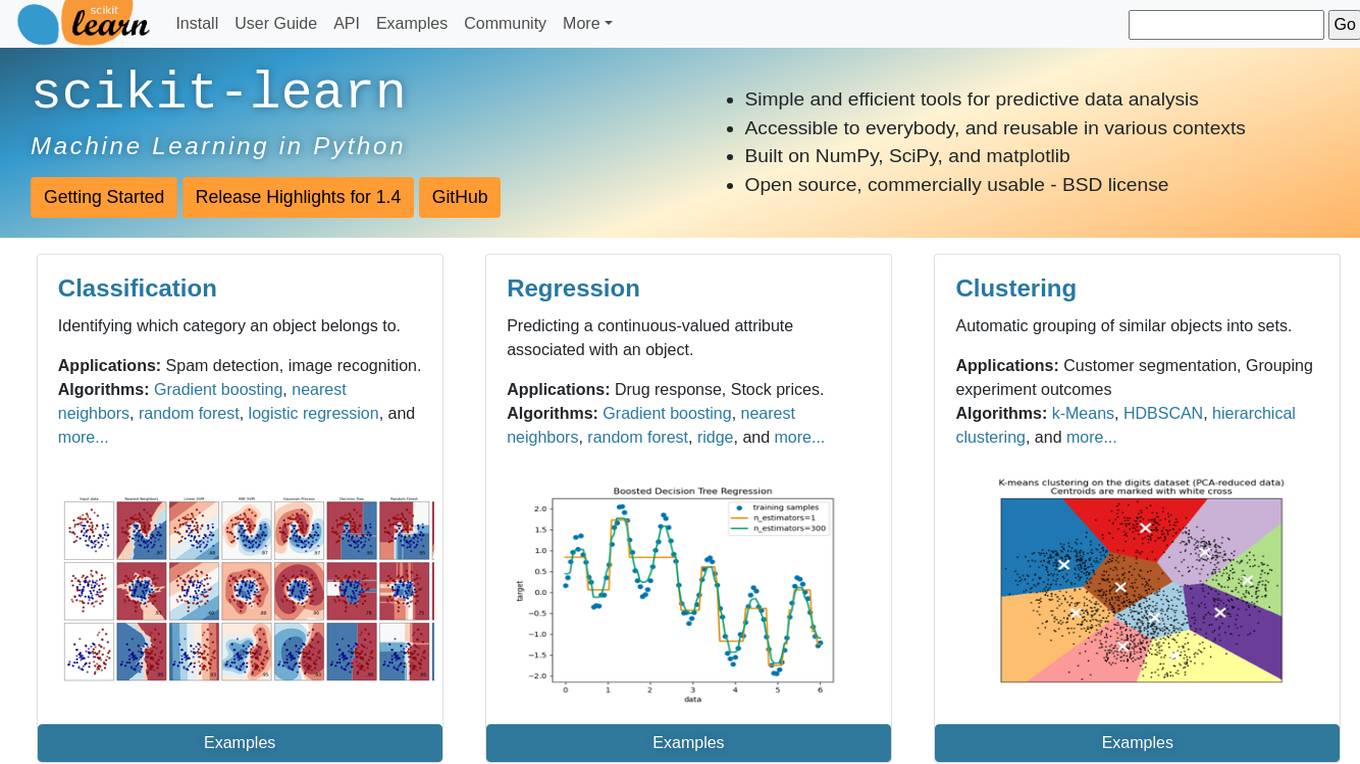
scikit-learn
Scikit-learn is a free software machine learning library for the Python programming language. It features various classification, regression and clustering algorithms including support vector machines, random forests, gradient boosting, k-means and DBSCAN, and is designed to interoperate with the Python numerical and scientific libraries NumPy and SciPy.
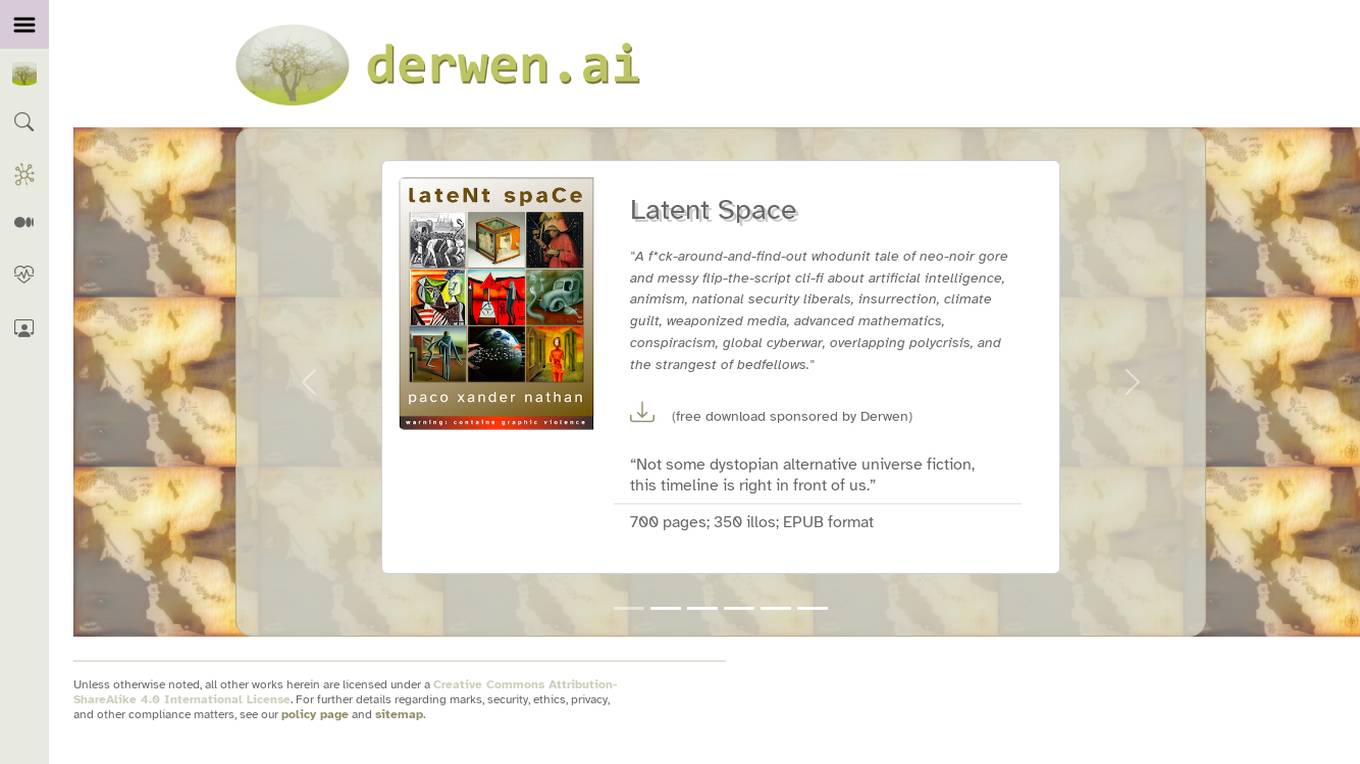
Derwen
Derwen is an open-source integration platform for production machine learning in enterprise, specializing in natural language processing, graph technologies, and decision support. It offers expertise in developing knowledge graph applications and domain-specific authoring. Derwen collaborates closely with Hugging Face and provides strong data privacy guarantees, low carbon footprint, and no cloud vendor involvement. The platform aims to empower AI engineers and domain experts with quality, time-to-value, and ownership since 2017.
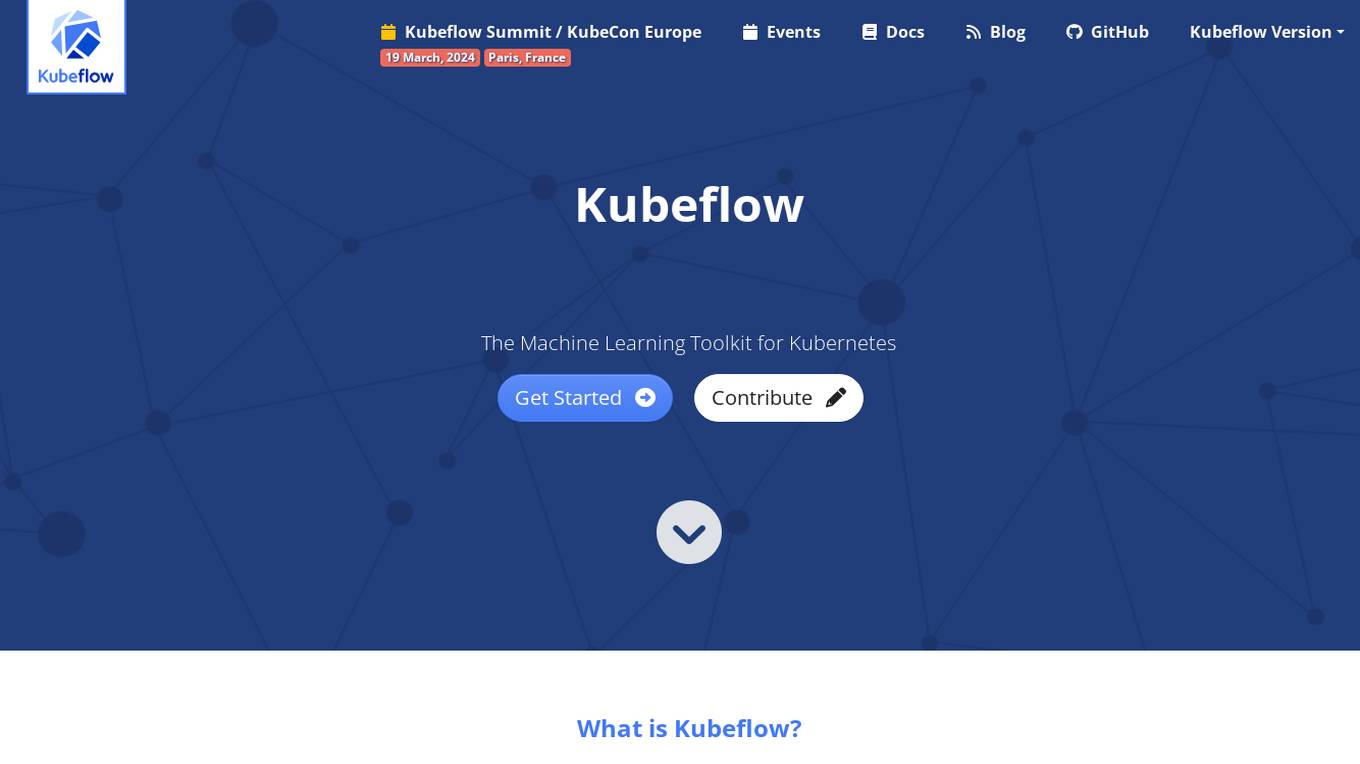
Kubeflow
Kubeflow is an open-source machine learning (ML) toolkit that makes deploying ML workflows on Kubernetes simple, portable, and scalable. It provides a unified interface for model training, serving, and hyperparameter tuning, and supports a variety of popular ML frameworks including PyTorch, TensorFlow, and XGBoost. Kubeflow is designed to be used with Kubernetes, a container orchestration system that automates the deployment, management, and scaling of containerized applications.
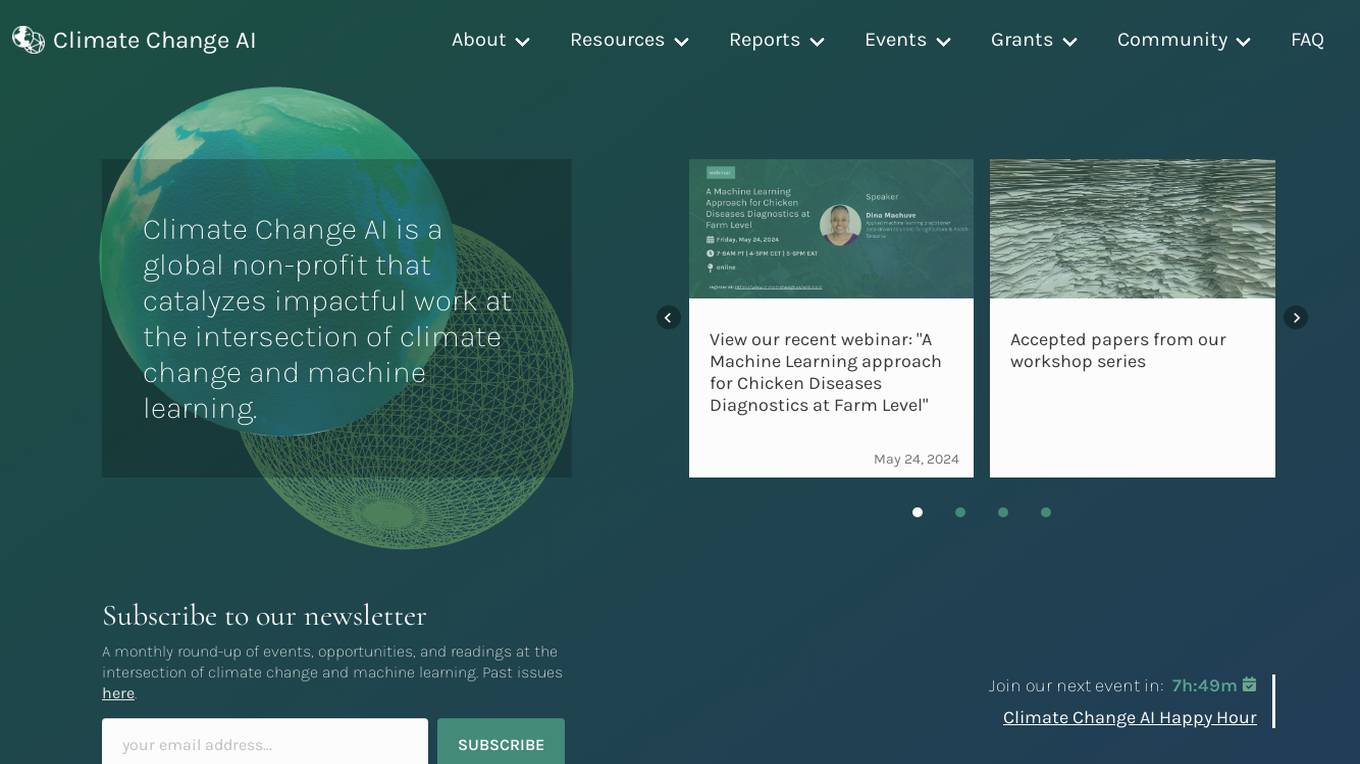
Climate Change AI
Climate Change AI is a global non-profit organization that focuses on catalyzing impactful work at the intersection of climate change and machine learning. They provide resources, reports, events, and grants to support the use of machine learning in addressing climate change challenges.
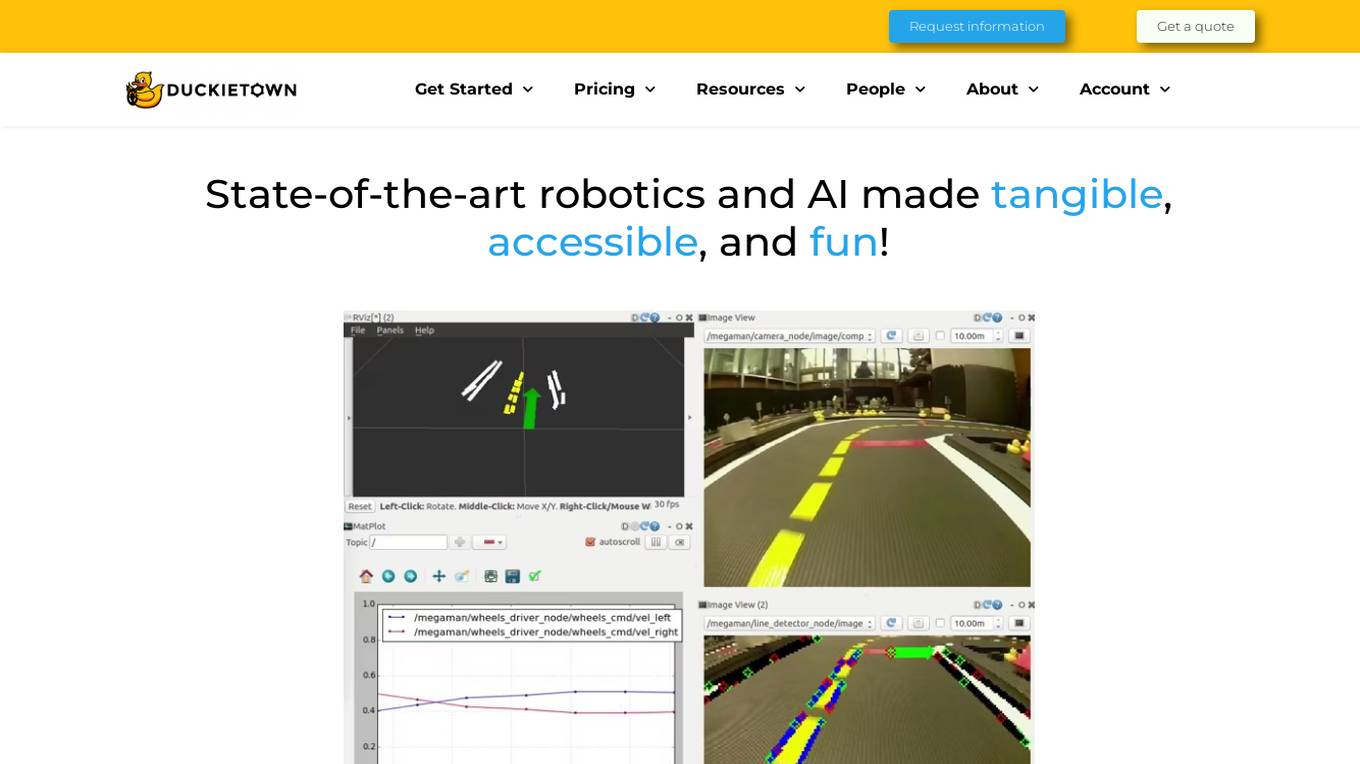
Duckietown
Duckietown is a platform for delivering cutting-edge robotics and AI learning experiences. It offers teaching resources to instructors, hands-on activities to learners, an accessible research platform to researchers, and a state-of-the-art ecosystem for professional training. Duckietown's mission is to make robotics and AI education state-of-the-art, hands-on, and accessible to all.
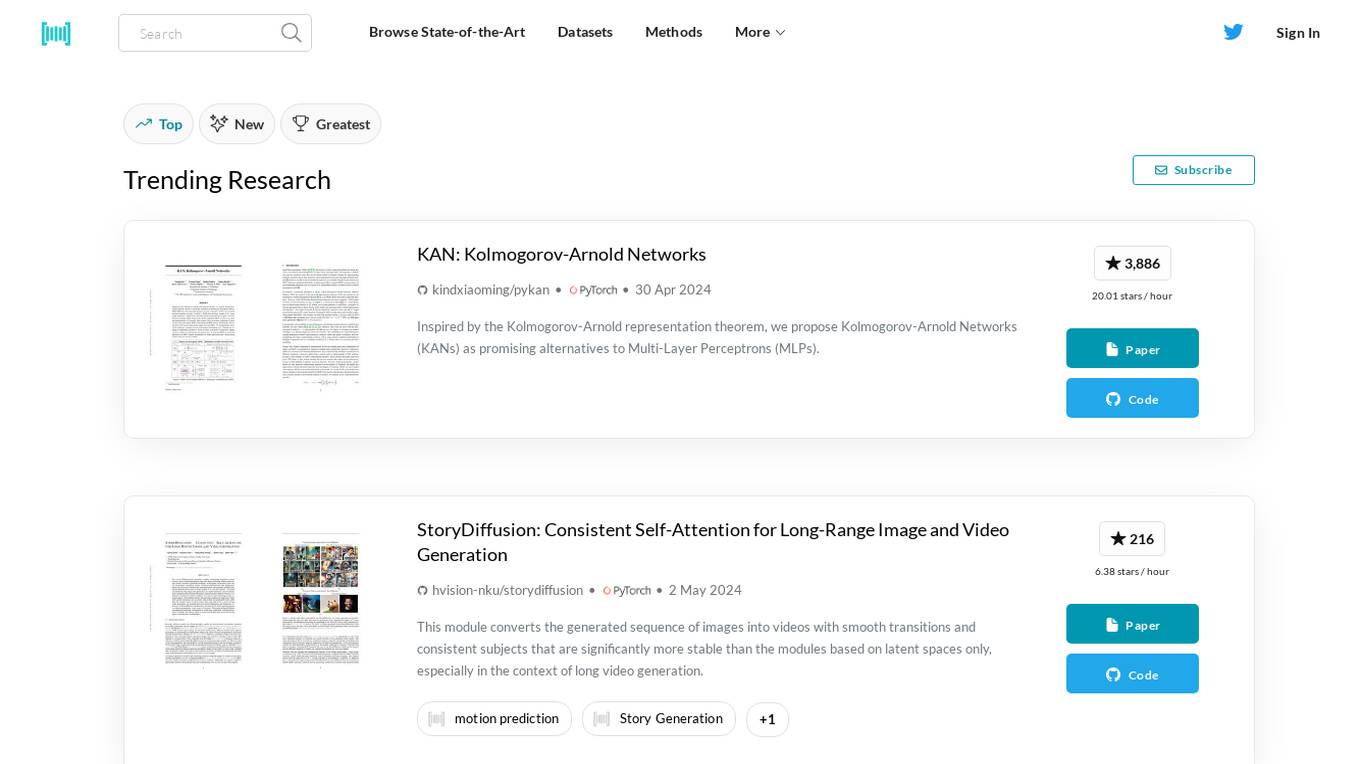
Papers With Code
Papers With Code is an AI tool that provides access to the latest research papers in the field of Machine Learning, along with corresponding code implementations. It offers a platform for researchers and enthusiasts to stay updated on state-of-the-art datasets, methods, and trends in the ML domain. Users can explore a wide range of topics such as language modeling, image generation, virtual try-on, and more through the collection of papers and code available on the website.

Google Research
Google Research is a leading research organization focusing on advancing science and artificial intelligence. They conduct research in various domains such as AI/ML foundations, responsible human-centric technology, science & societal impact, computing paradigms, and algorithms & optimization. Google Research aims to create an environment for diverse research across different time scales and levels of risk, driving advancements in computer science through fundamental and applied research. They publish hundreds of research papers annually, collaborate with the academic community, and work on projects that impact technology used by billions of people worldwide.

Google Research
Google Research is a team of scientists and engineers working on a wide range of topics in computer science, including artificial intelligence, machine learning, and quantum computing. Our mission is to advance the state of the art in these fields and to develop new technologies that can benefit society. We publish hundreds of research papers each year and collaborate with researchers from around the world. Our work has led to the development of many new products and services, including Google Search, Google Translate, and Google Maps.
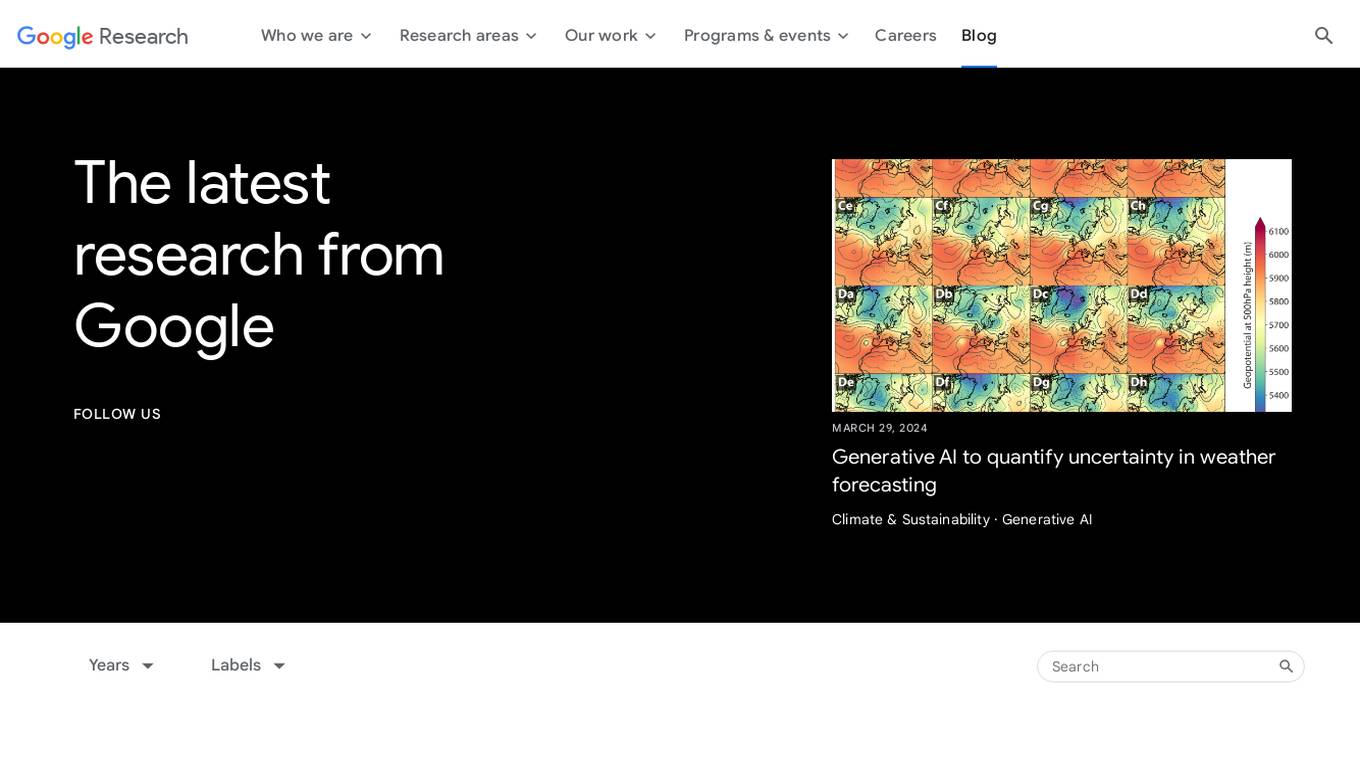
Google Research Blog
The Google Research Blog is a platform for researchers at Google to share their latest work in artificial intelligence, machine learning, and other related fields. The blog covers a wide range of topics, from theoretical research to practical applications. The goal of the blog is to provide a forum for researchers to share their ideas and findings, and to foster collaboration between researchers at Google and around the world.
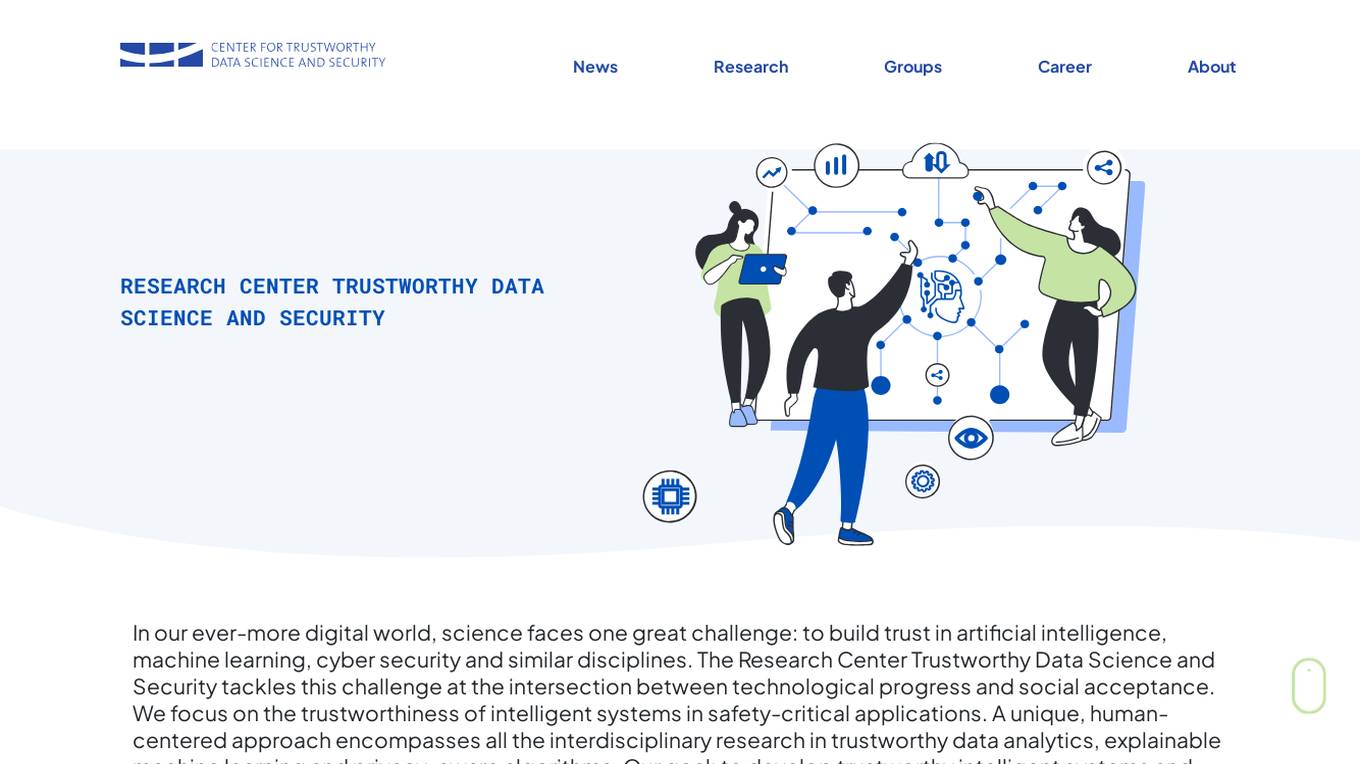
Research Center Trustworthy Data Science and Security
The Research Center Trustworthy Data Science and Security is a hub for interdisciplinary research focusing on building trust in artificial intelligence, machine learning, and cyber security. The center aims to develop trustworthy intelligent systems through research in trustworthy data analytics, explainable machine learning, and privacy-aware algorithms. By addressing the intersection of technological progress and social acceptance, the center seeks to enable private citizens to understand and trust technology in safety-critical applications.
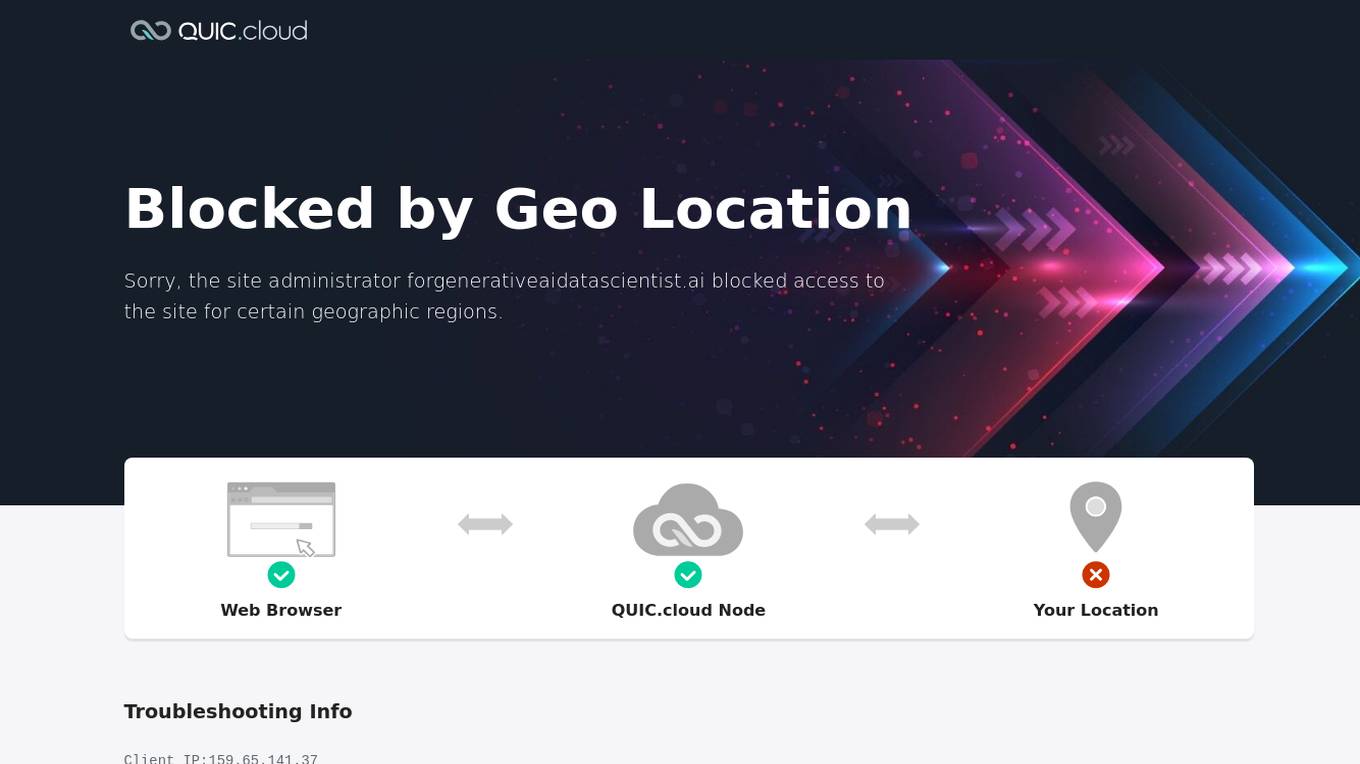
Generative Aid Data Scientist
Generative Aid Data Scientist is an AI tool designed to assist data scientists in generating insights and analysis from complex datasets. It utilizes advanced algorithms and machine learning techniques to provide valuable recommendations and predictions for data-driven decision-making. The tool offers a user-friendly interface that allows data scientists to input their data and receive actionable results in a timely manner. With its powerful capabilities, Generative Aid Data Scientist streamlines the data analysis process and enhances the efficiency of data-driven projects.
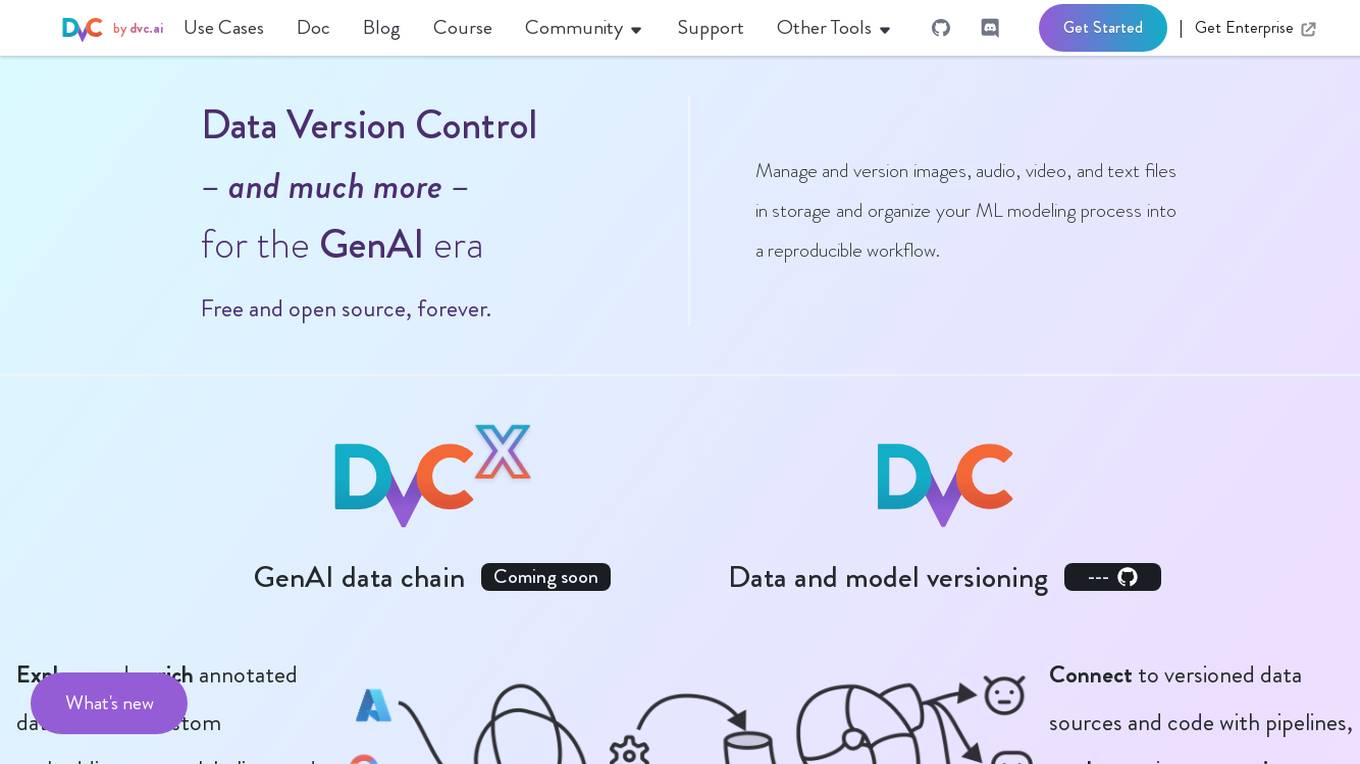
DVC
DVC is an open-source version control system for machine learning projects. It allows users to track and manage their data, models, and code in a single place. DVC also provides a number of features that make it easy to collaborate on machine learning projects, such as experiment tracking, model registration, and pipeline management.
0 - Open Source Tools
20 - OpenAI Gpts
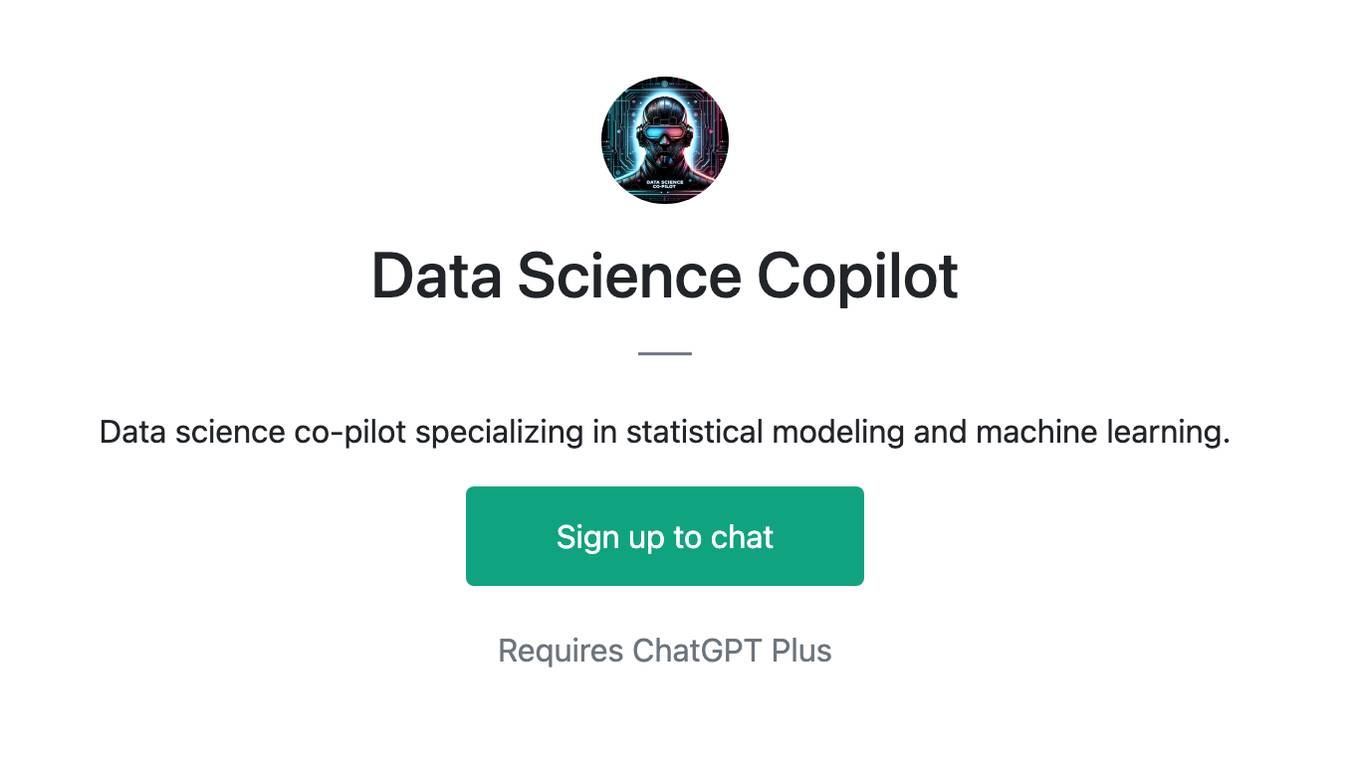
Data Science Copilot
Data science co-pilot specializing in statistical modeling and machine learning.
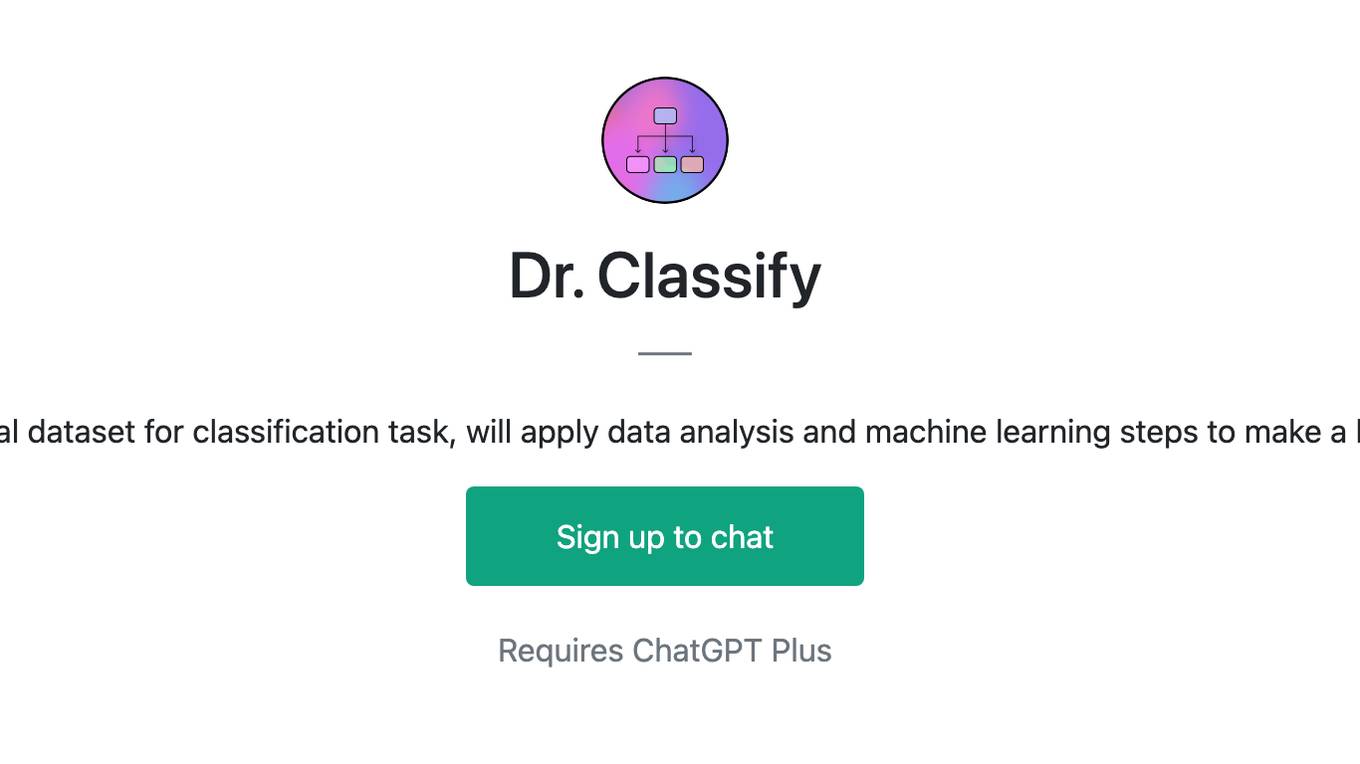
Dr. Classify
Just upload a numerical dataset for classification task, will apply data analysis and machine learning steps to make a best model possible.
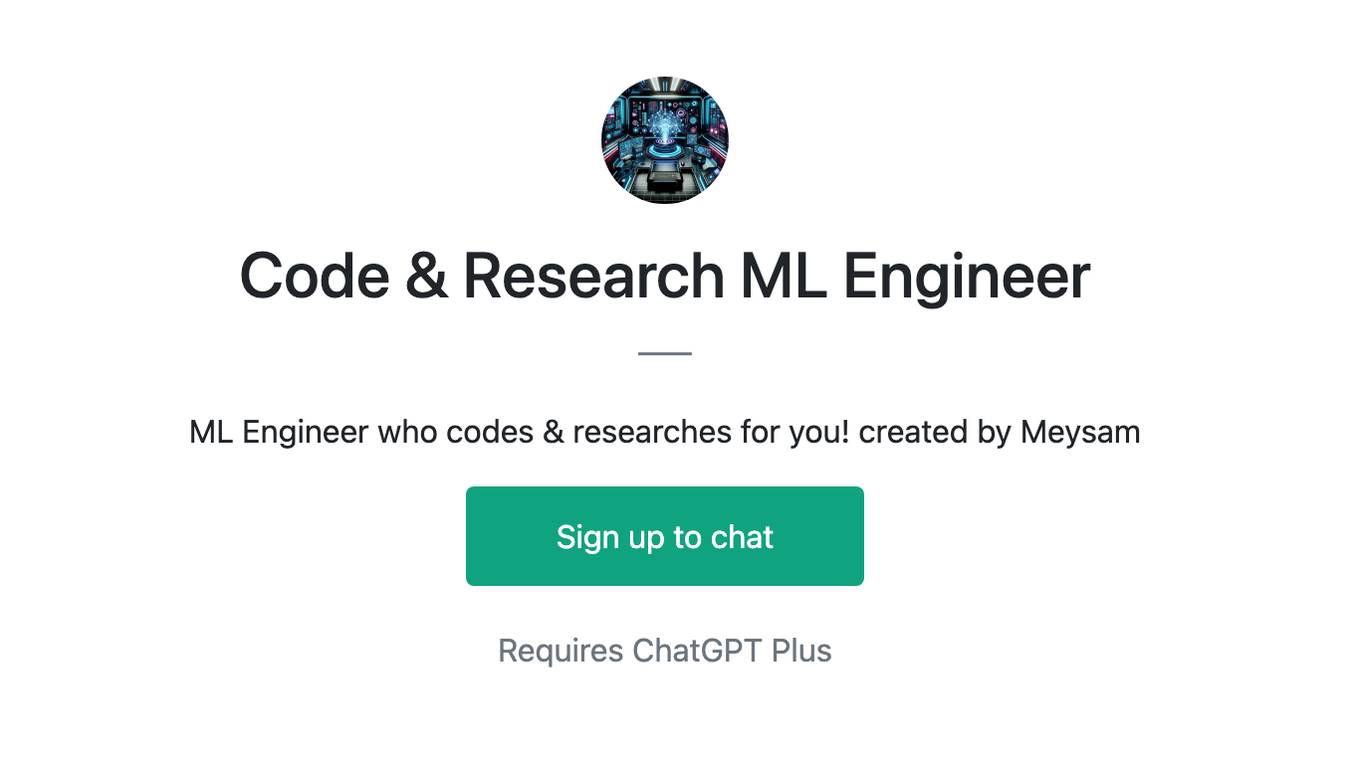
Code & Research ML Engineer
ML Engineer who codes & researches for you! created by Meysam
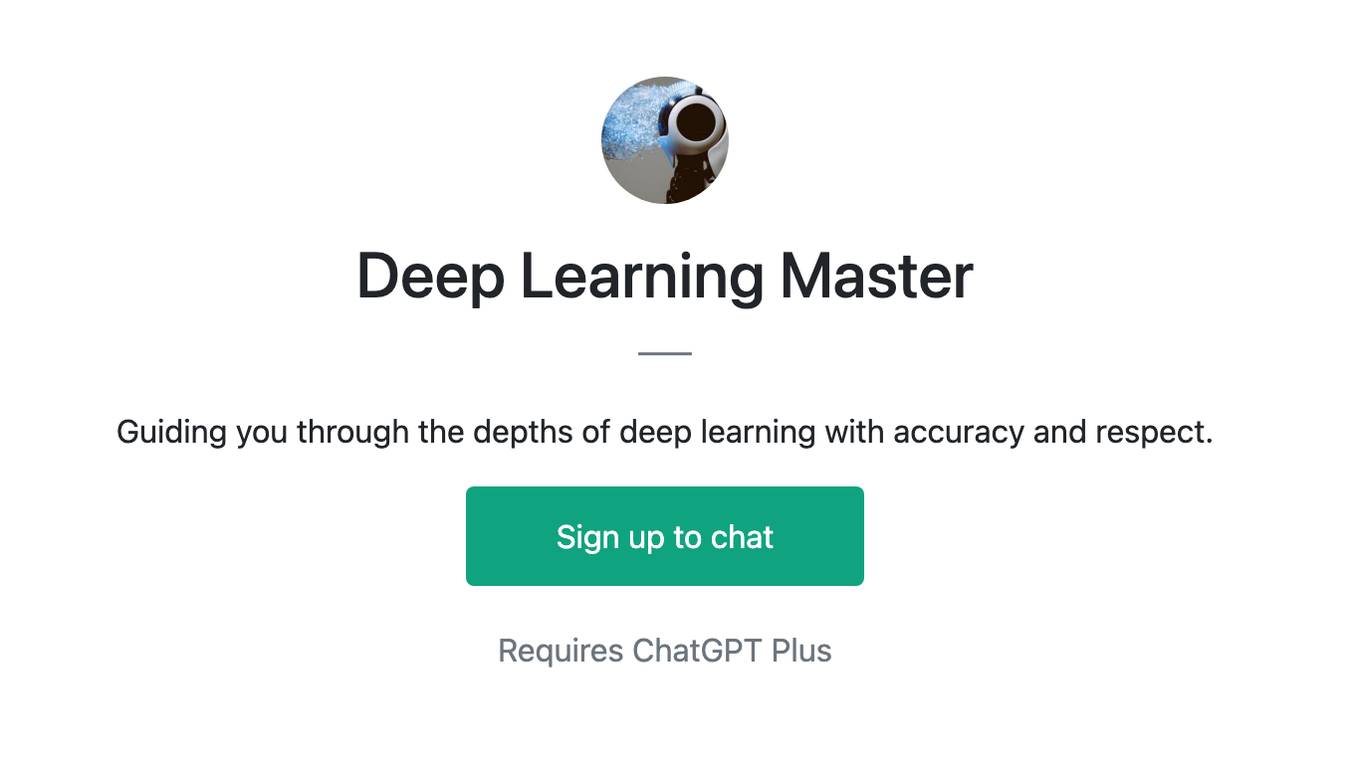
Deep Learning Master
Guiding you through the depths of deep learning with accuracy and respect.
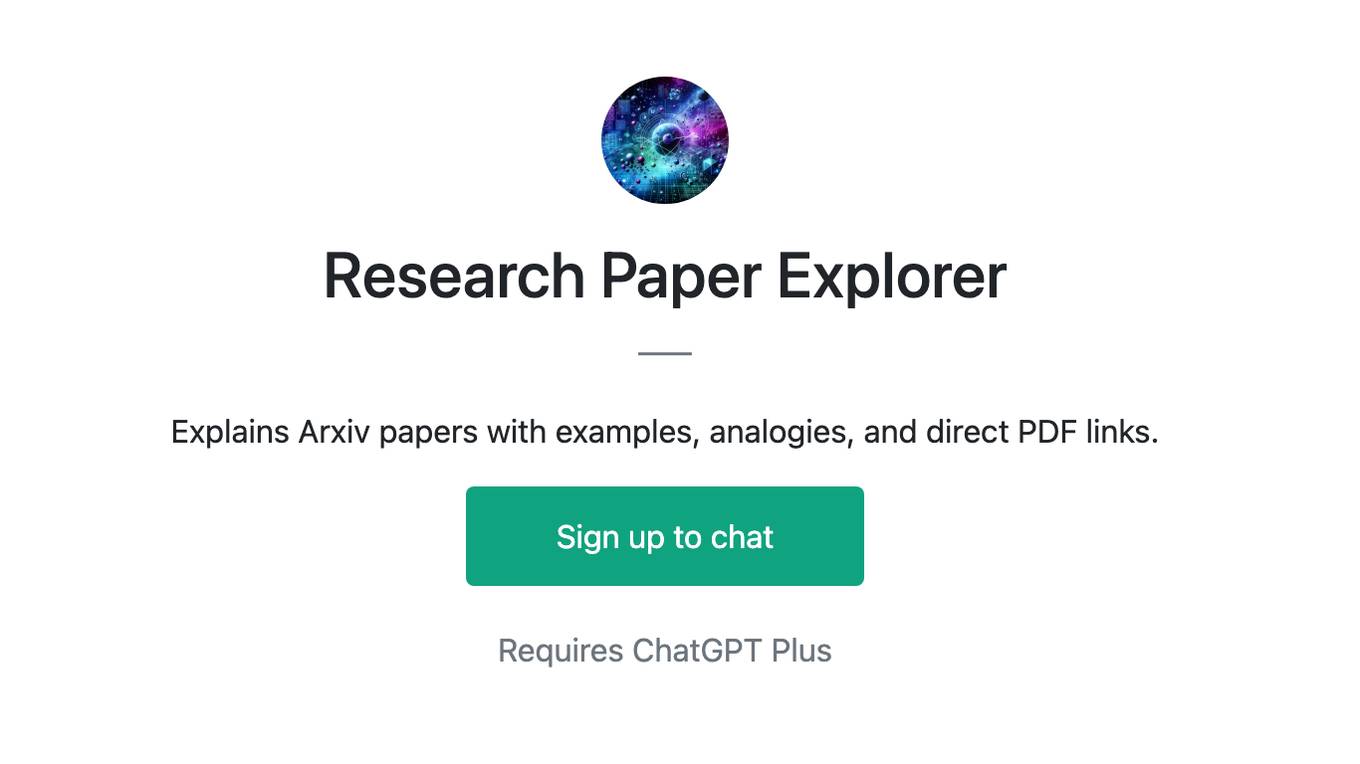
Research Paper Explorer
Explains Arxiv papers with examples, analogies, and direct PDF links.
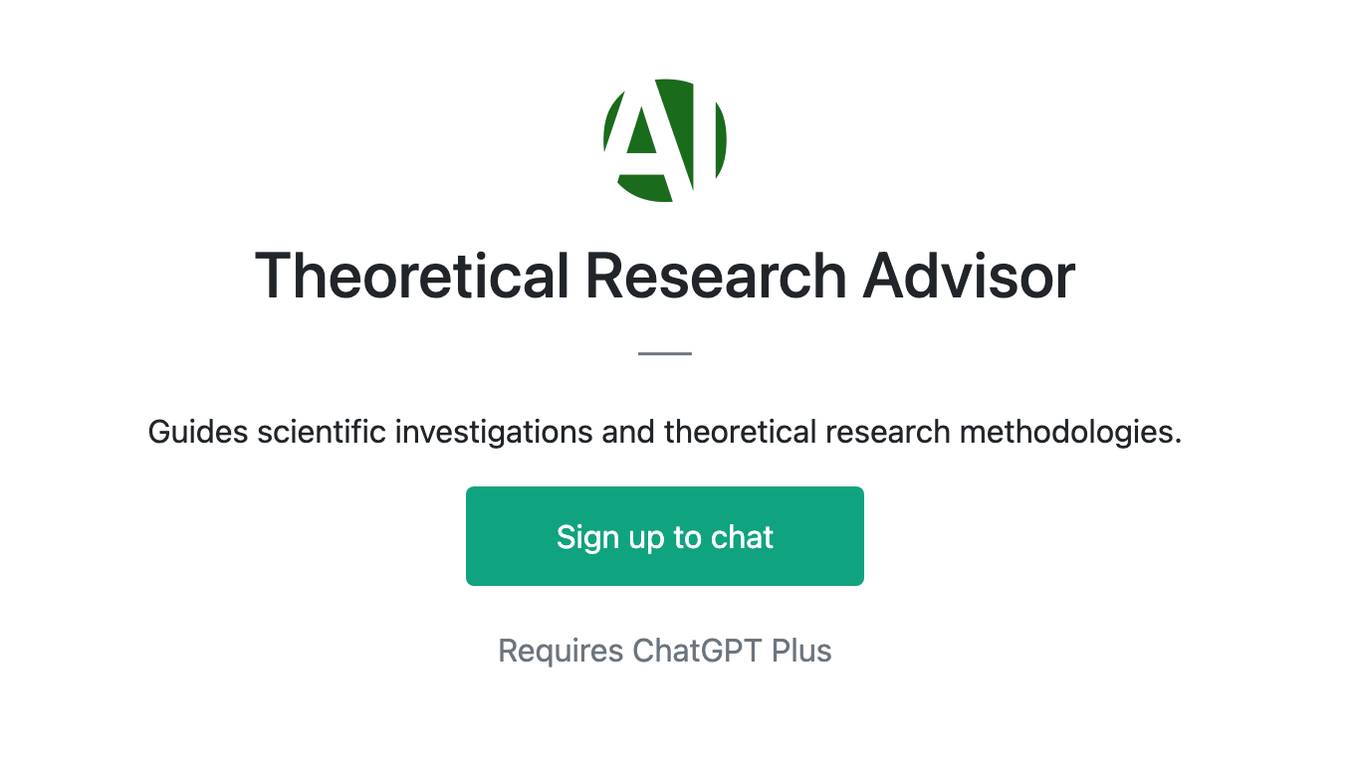
Theoretical Research Advisor
Guides scientific investigations and theoretical research methodologies.
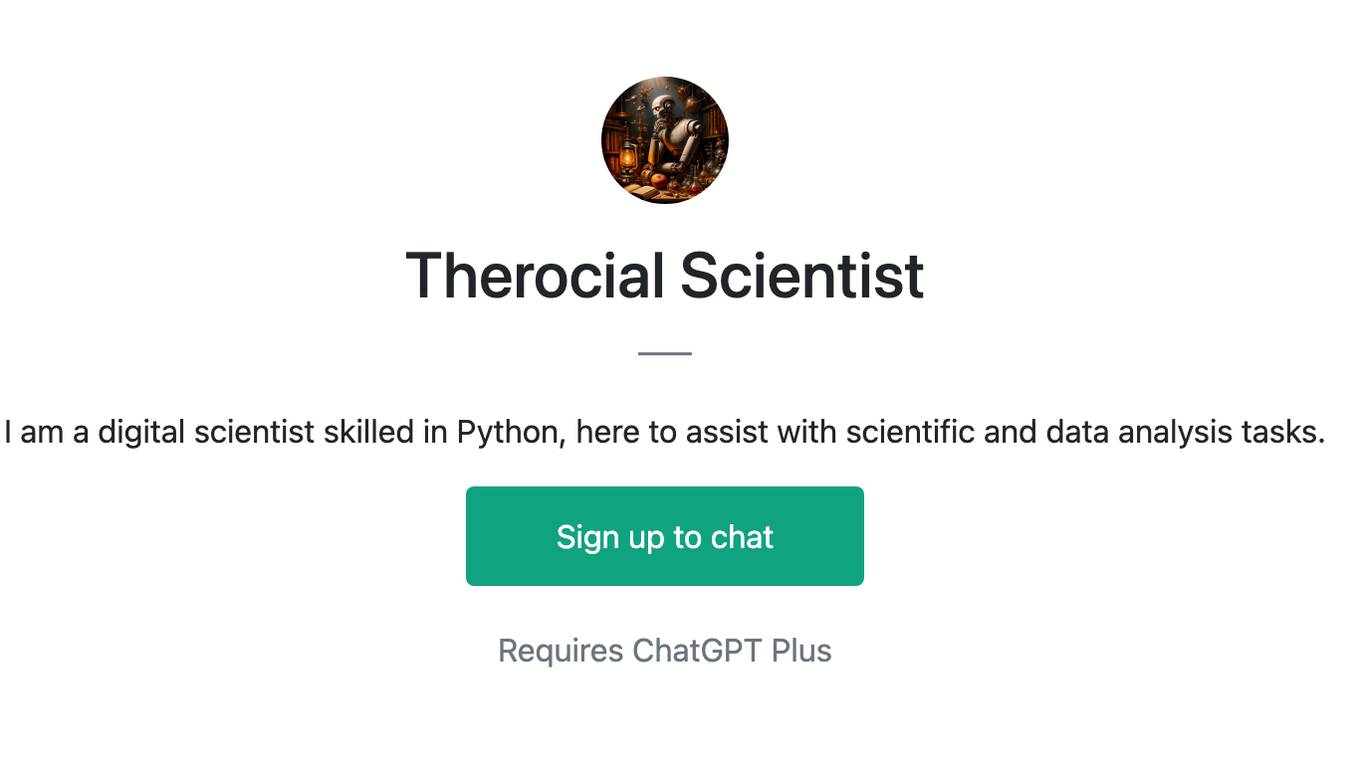
Therocial Scientist
I am a digital scientist skilled in Python, here to assist with scientific and data analysis tasks.
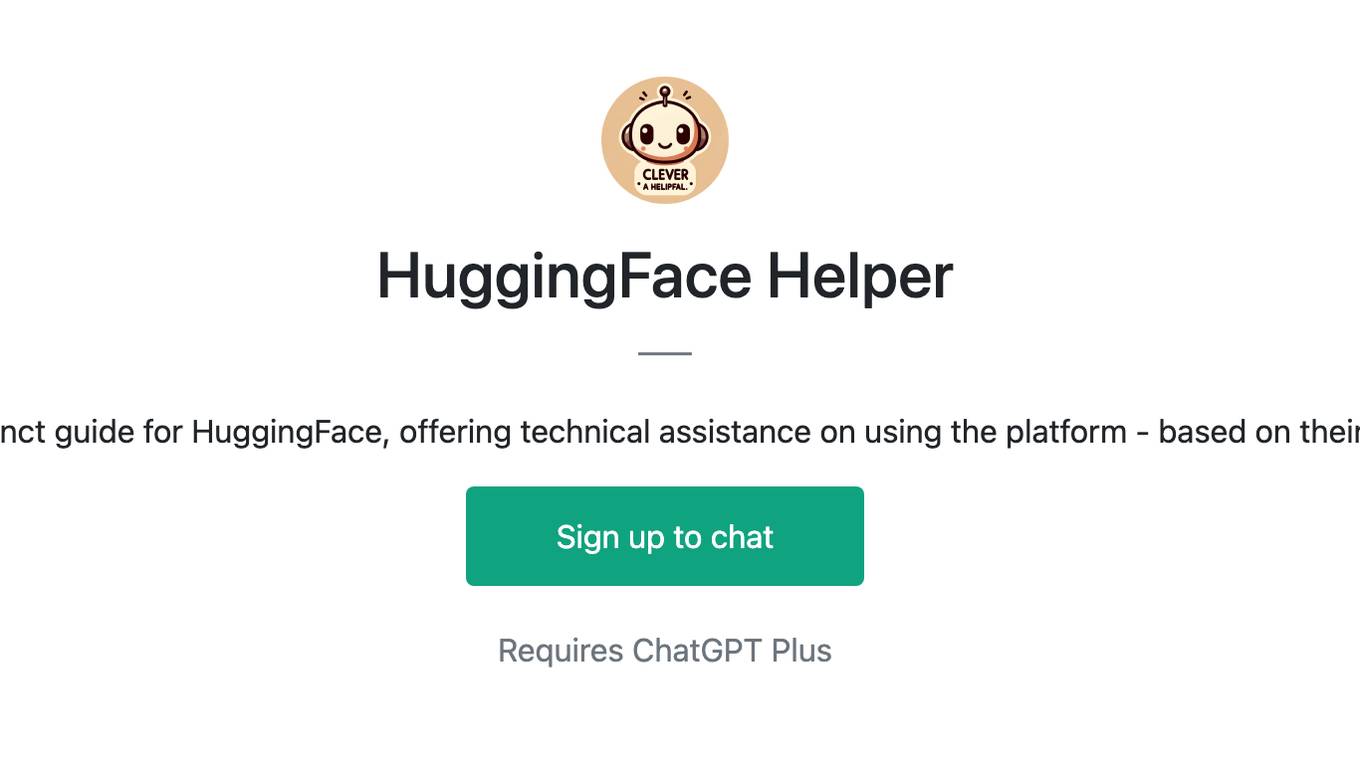
HuggingFace Helper
A witty yet succinct guide for HuggingFace, offering technical assistance on using the platform - based on their Learning Hub
